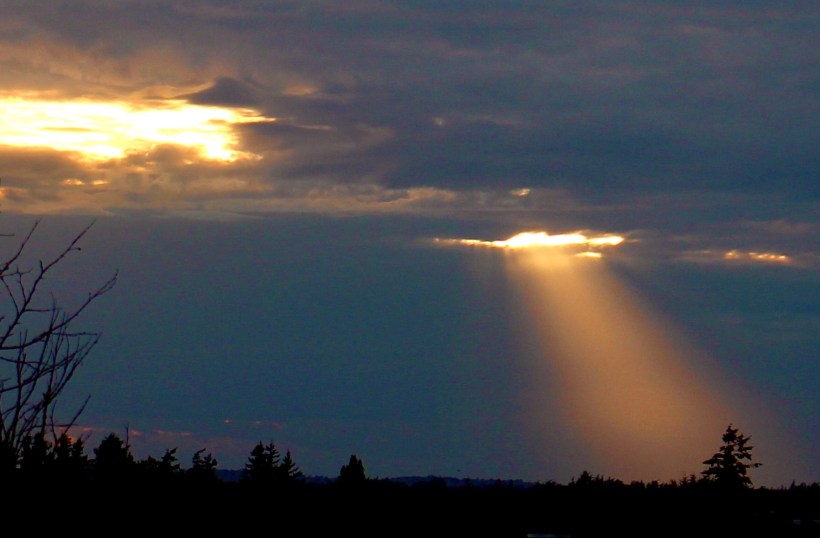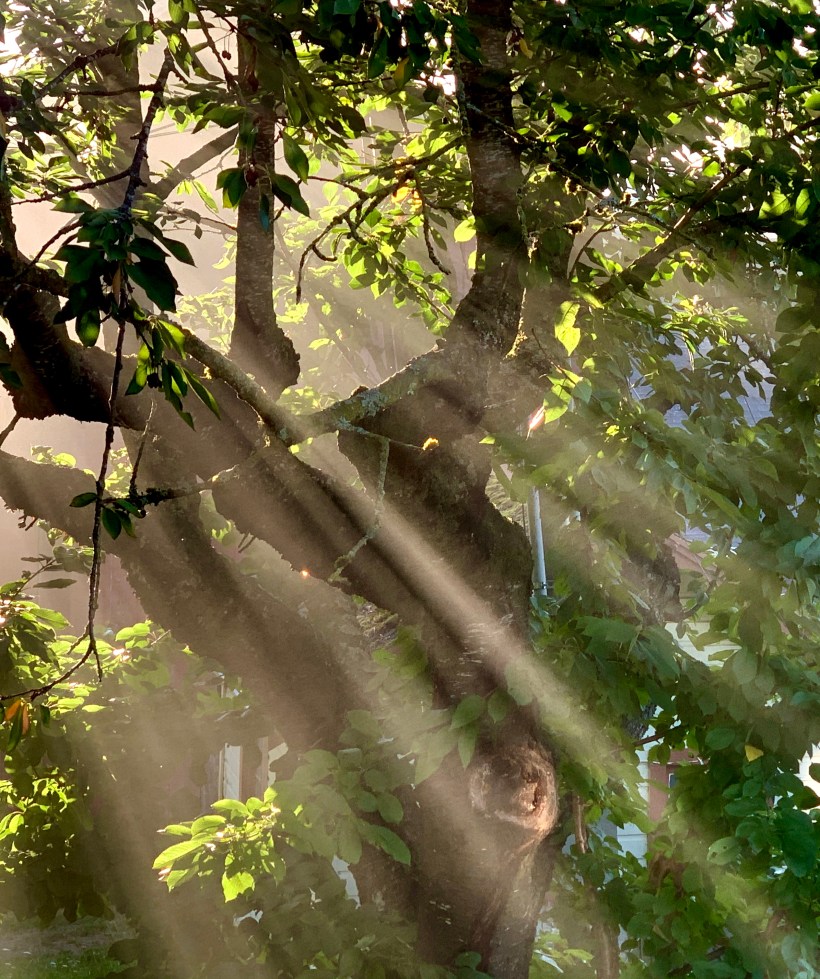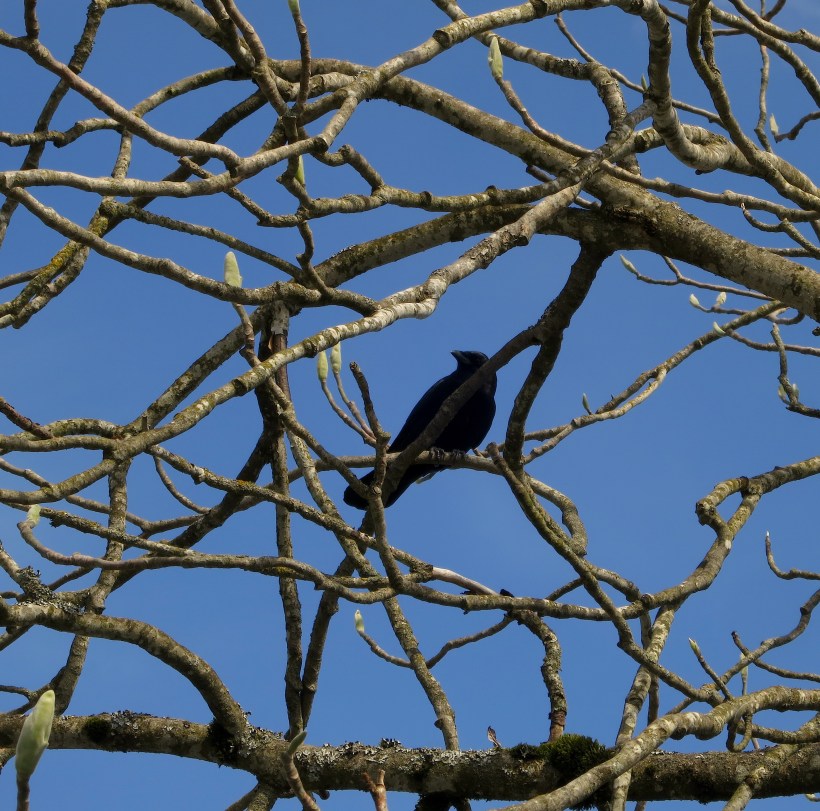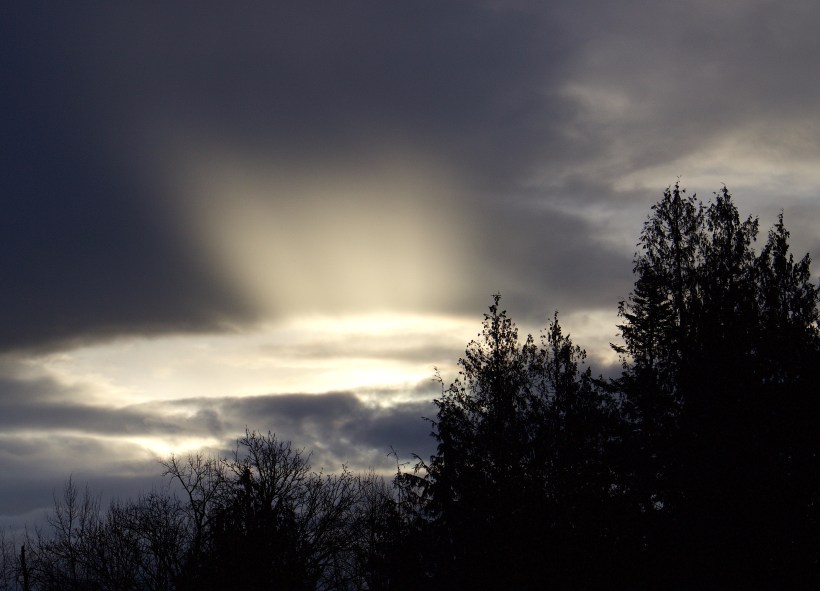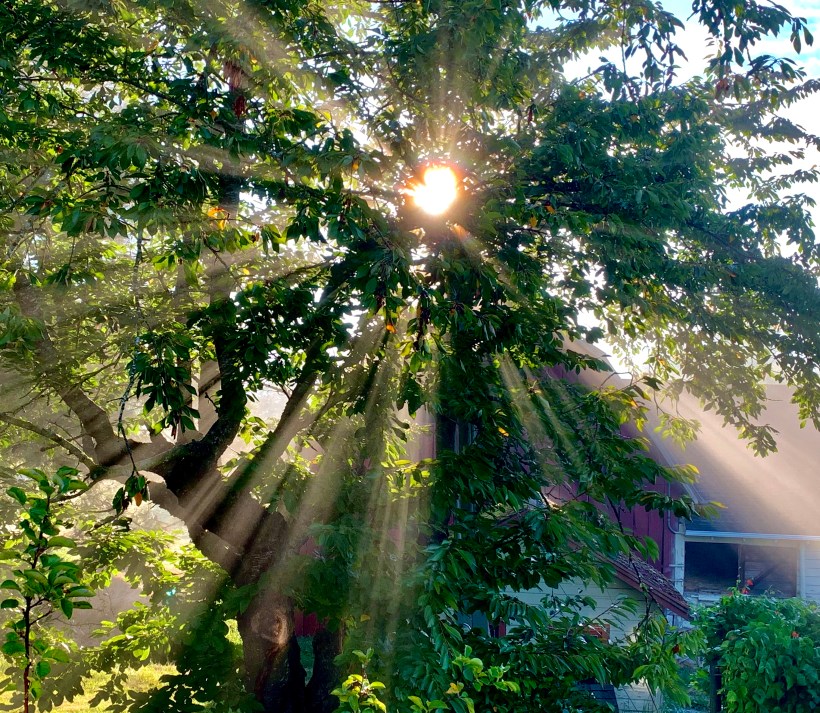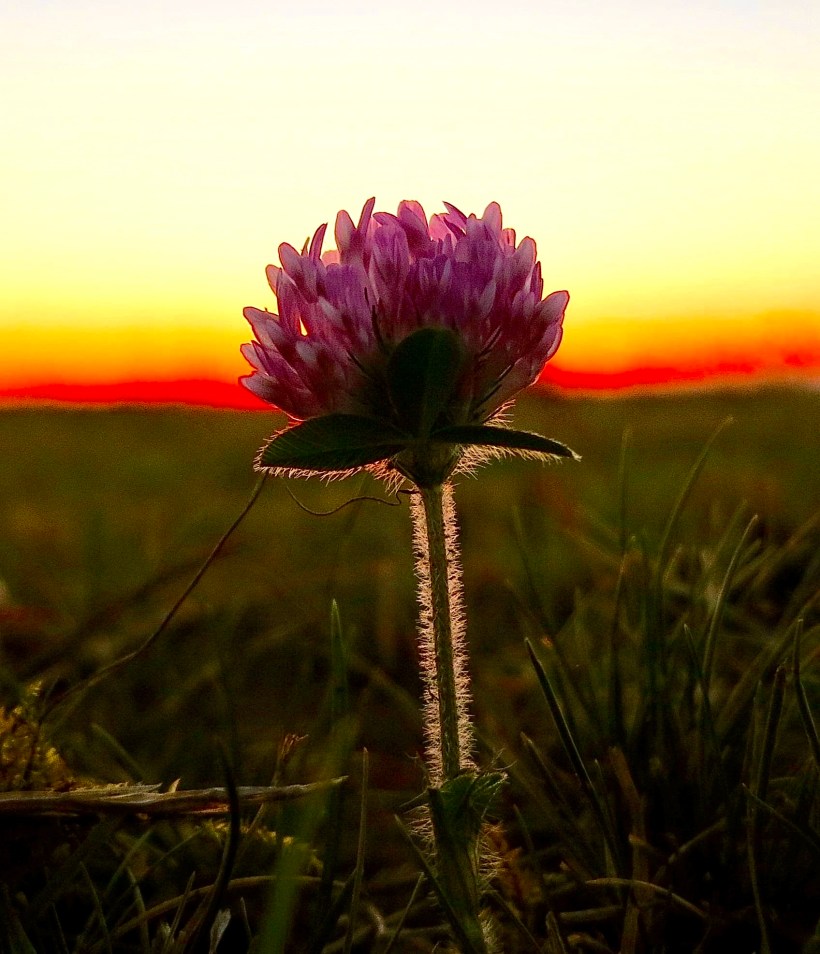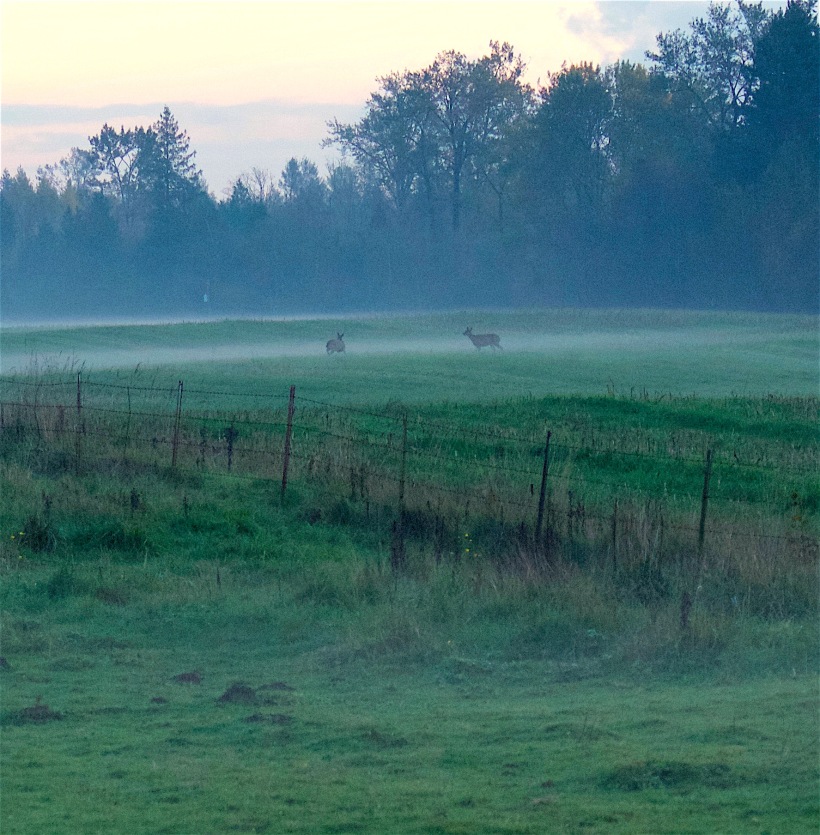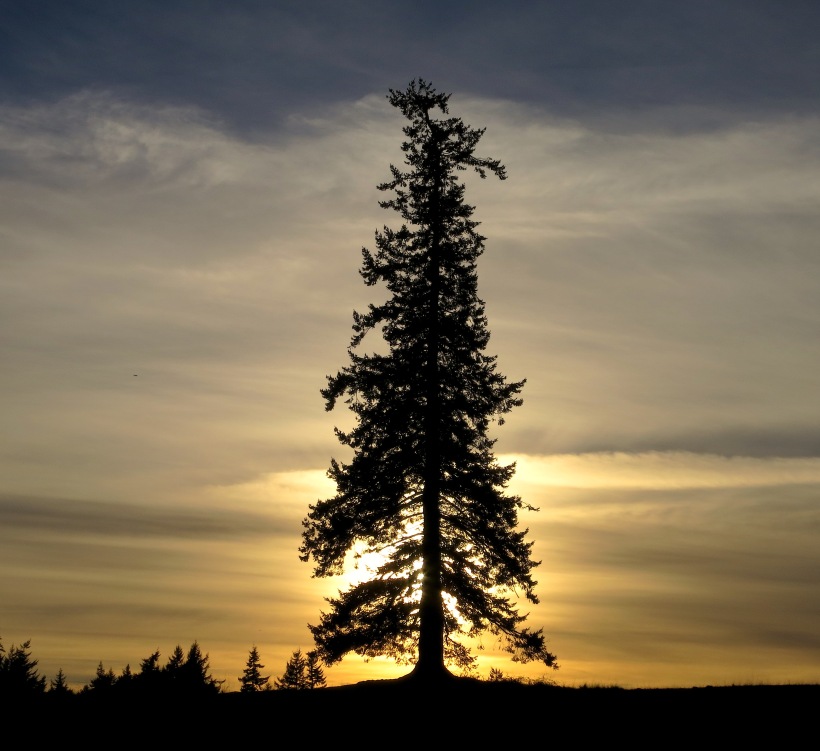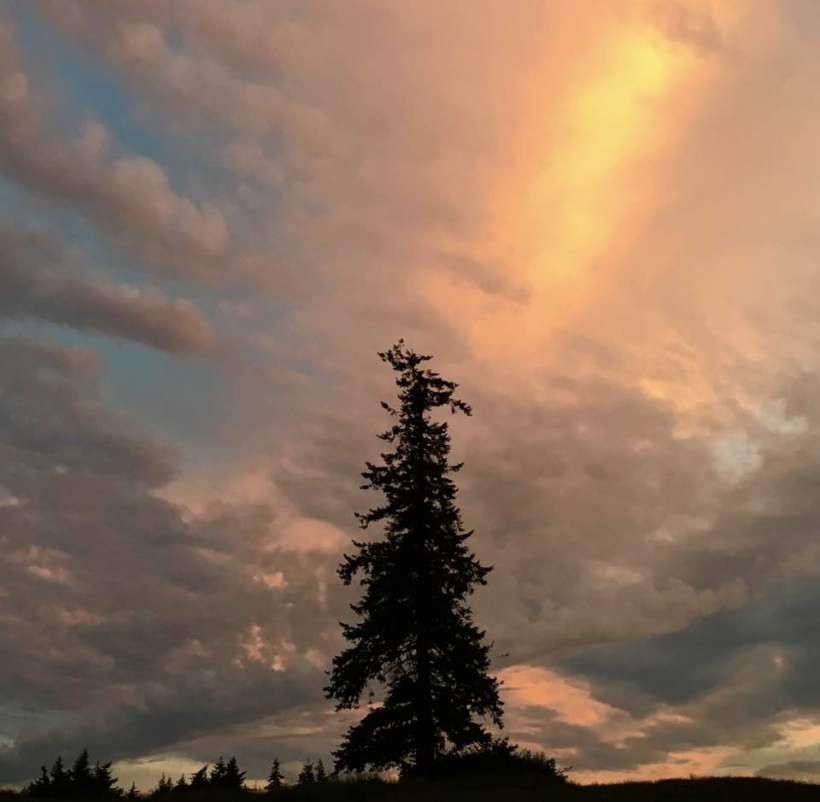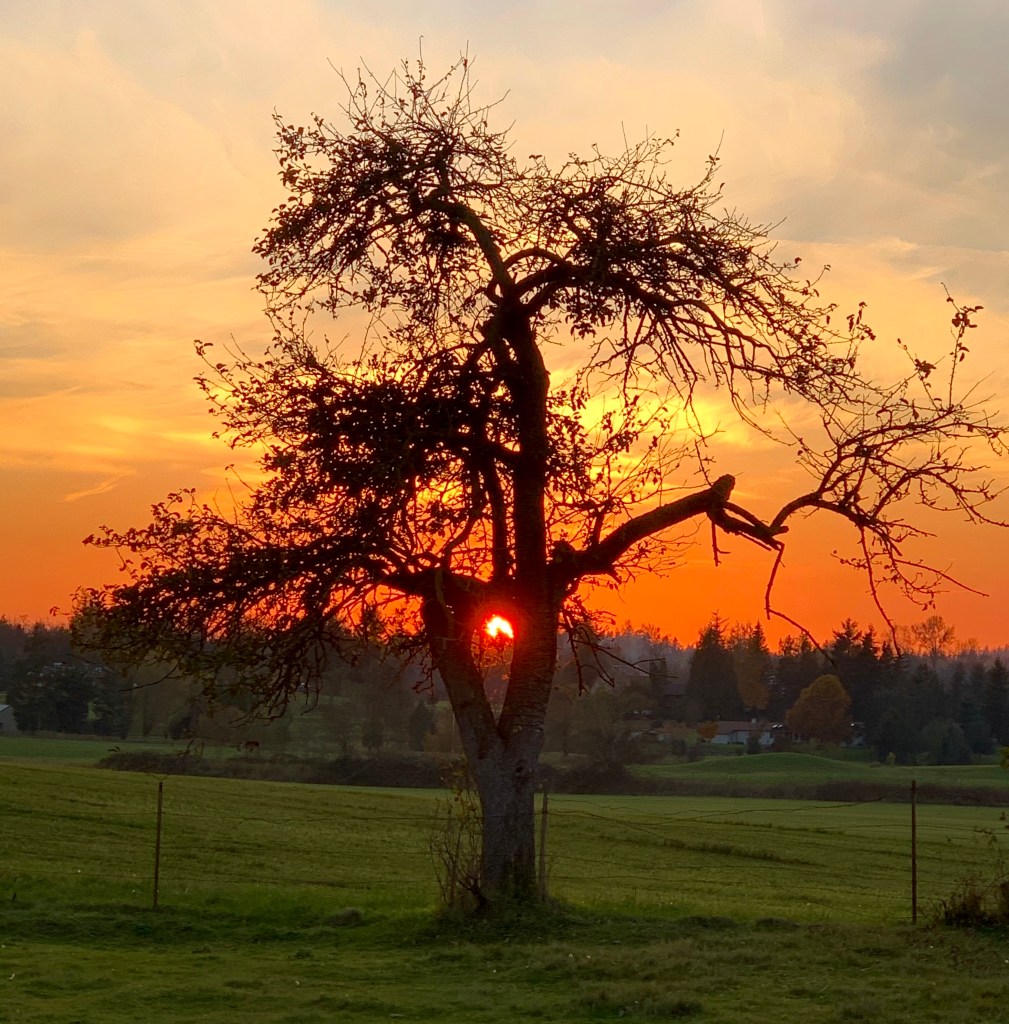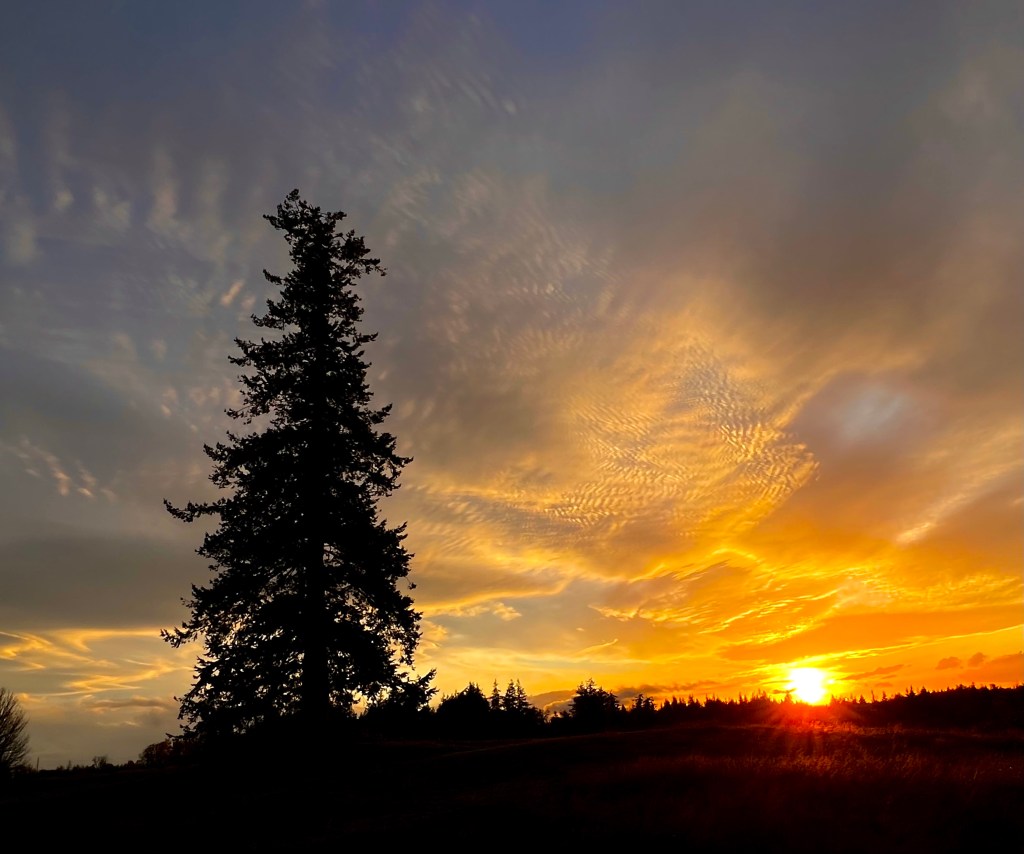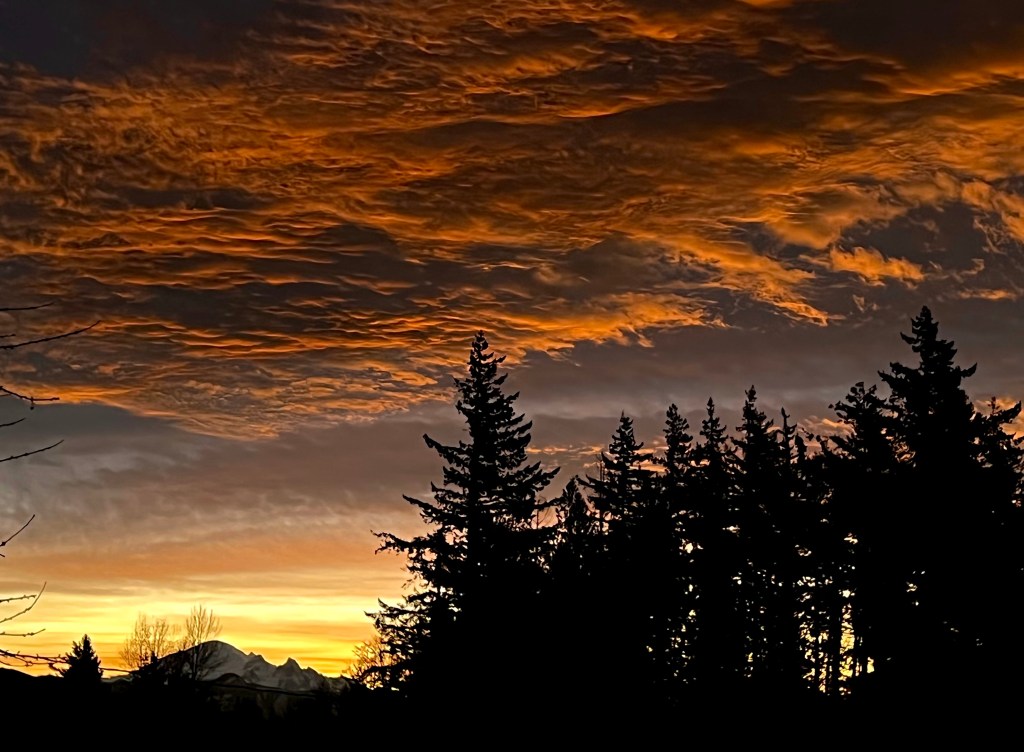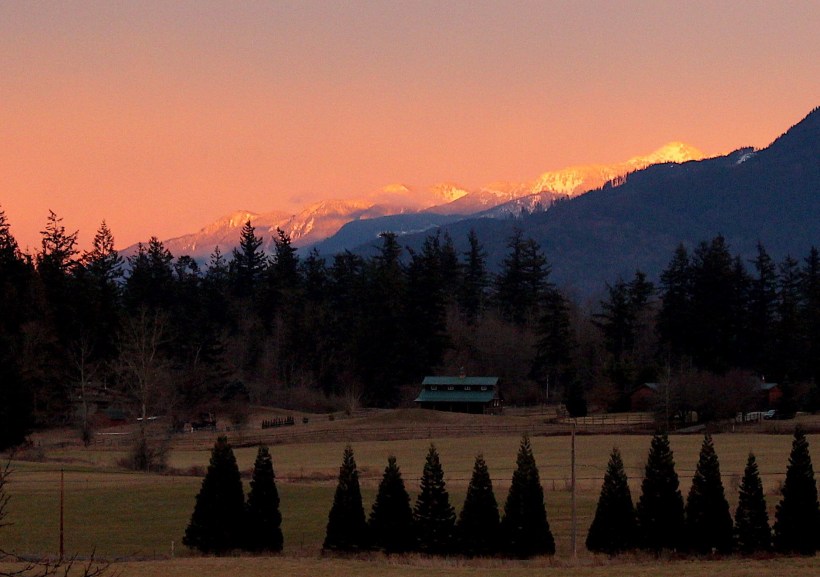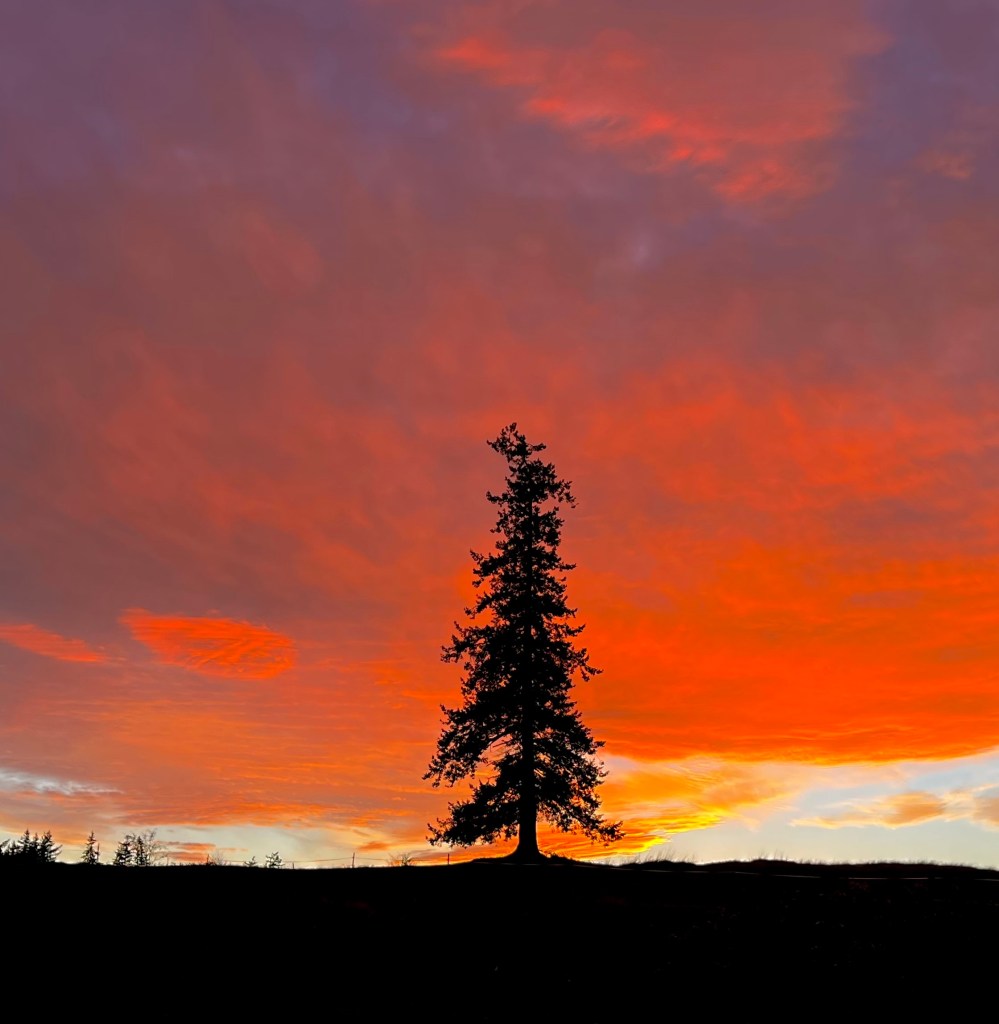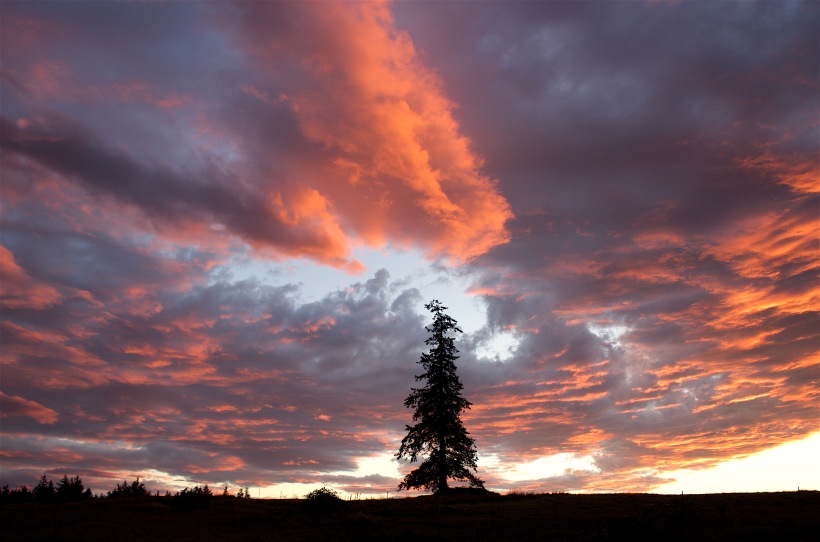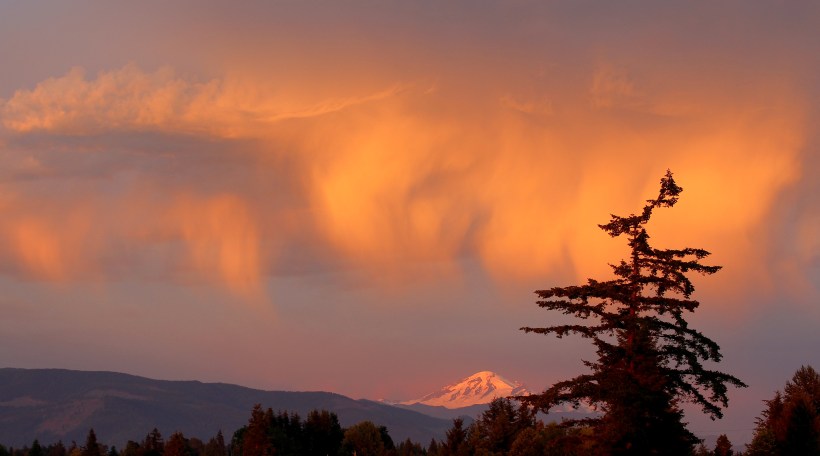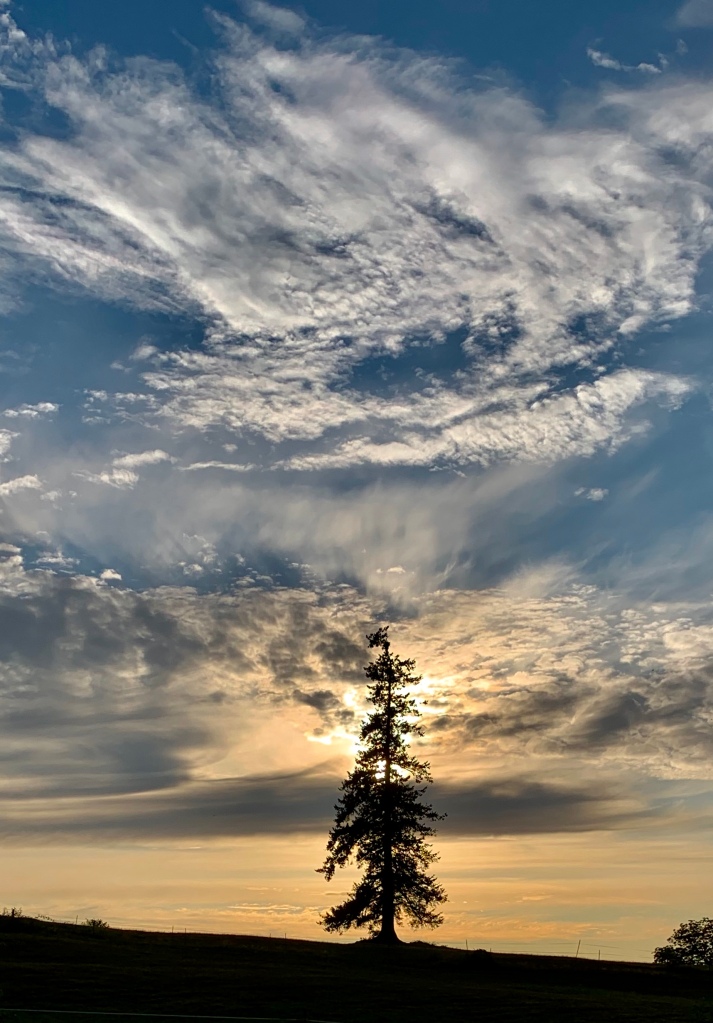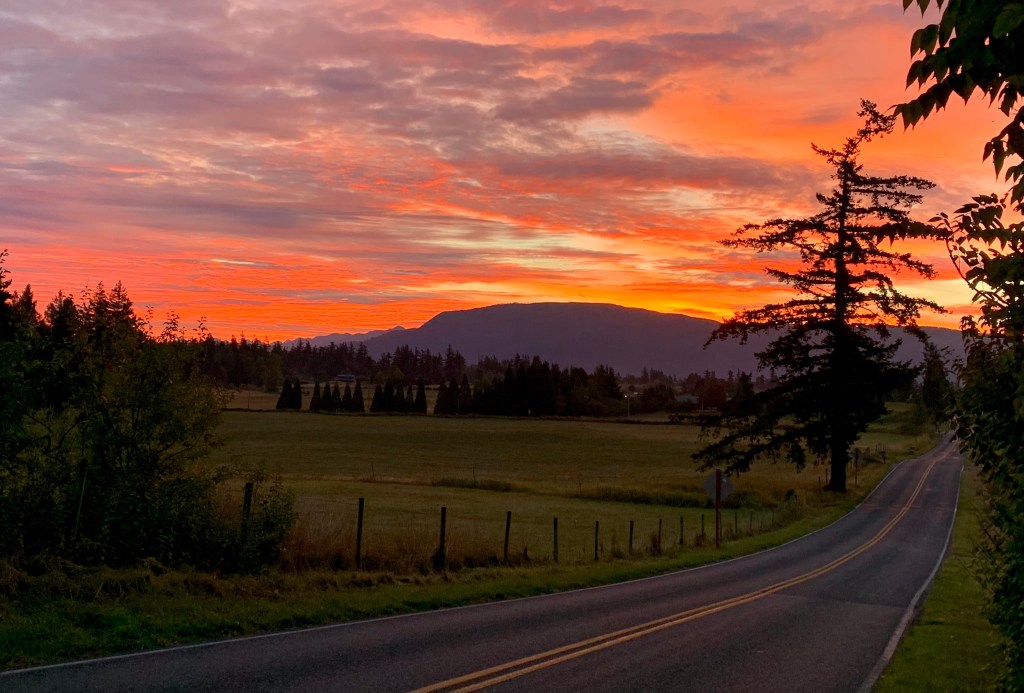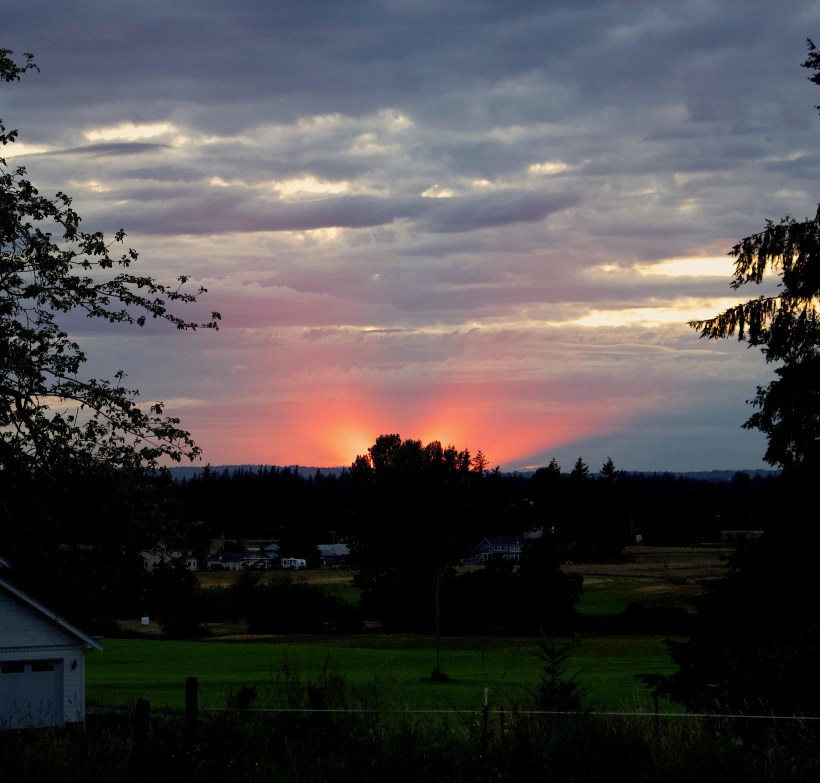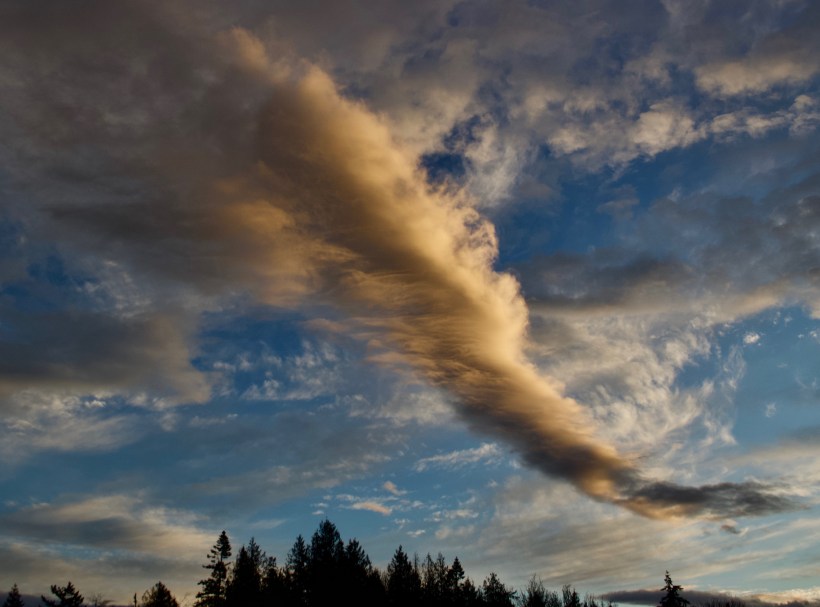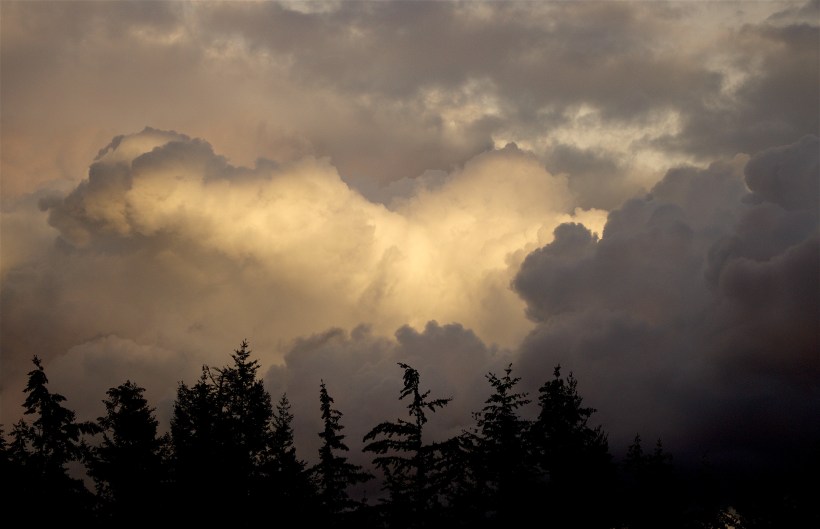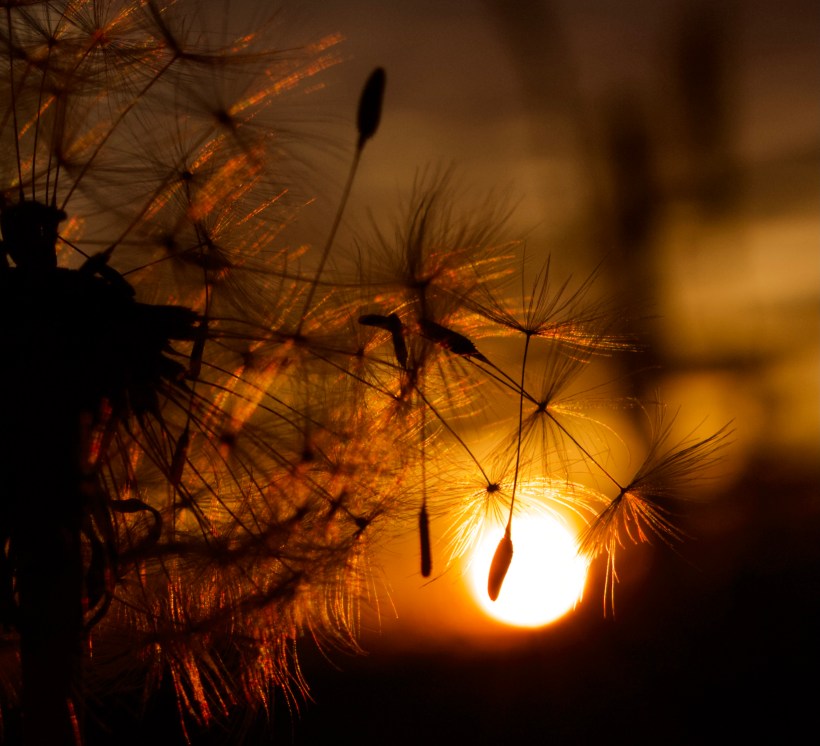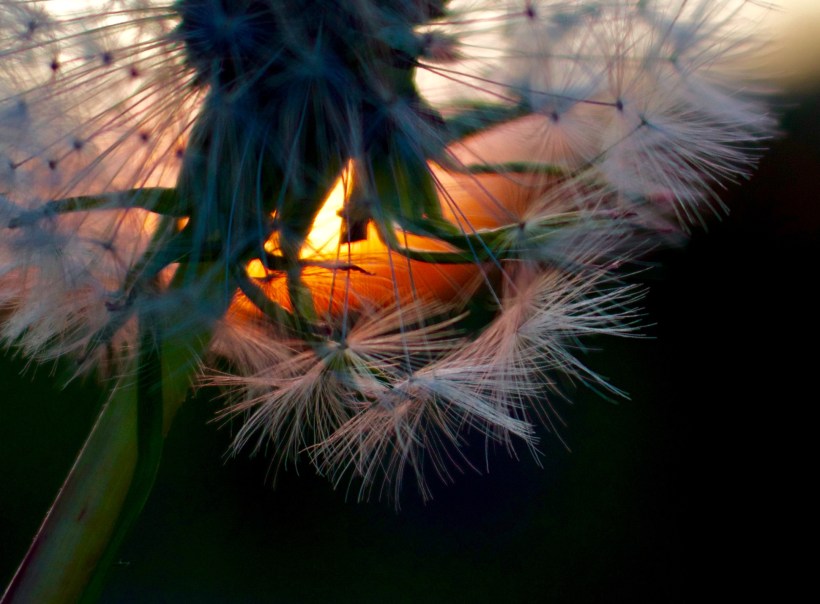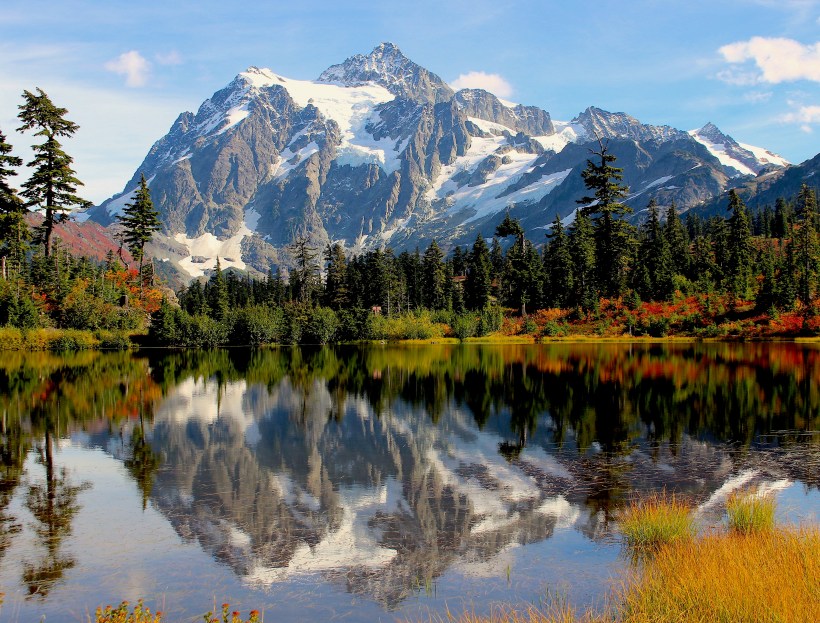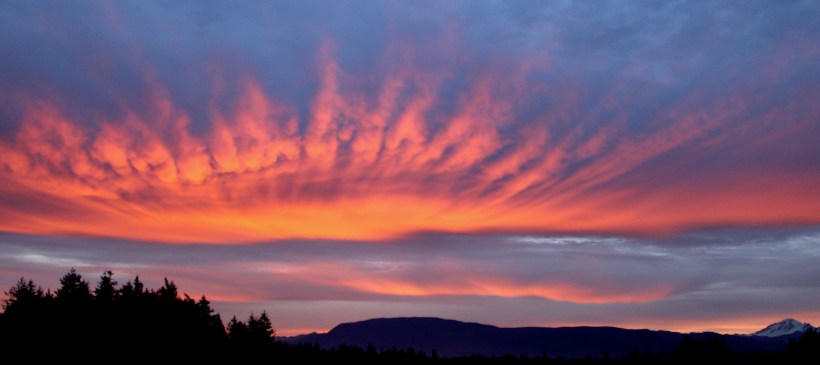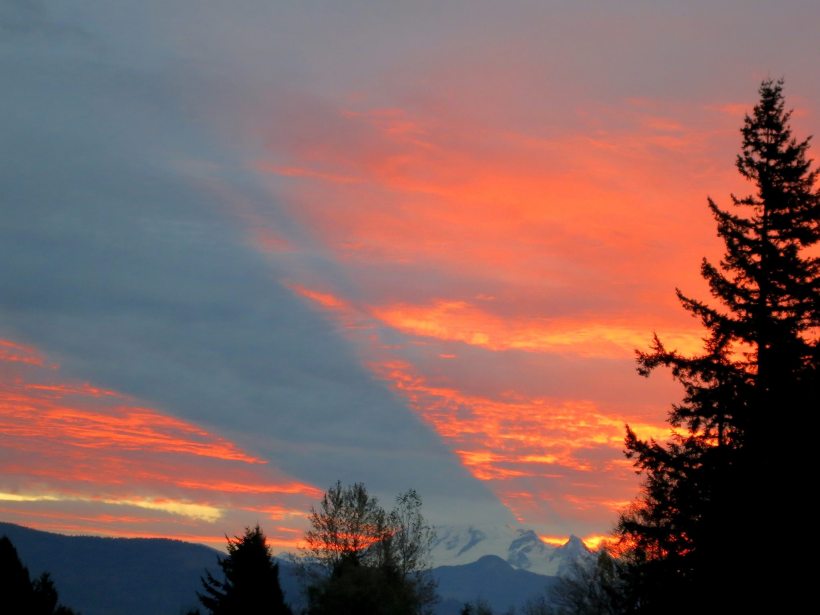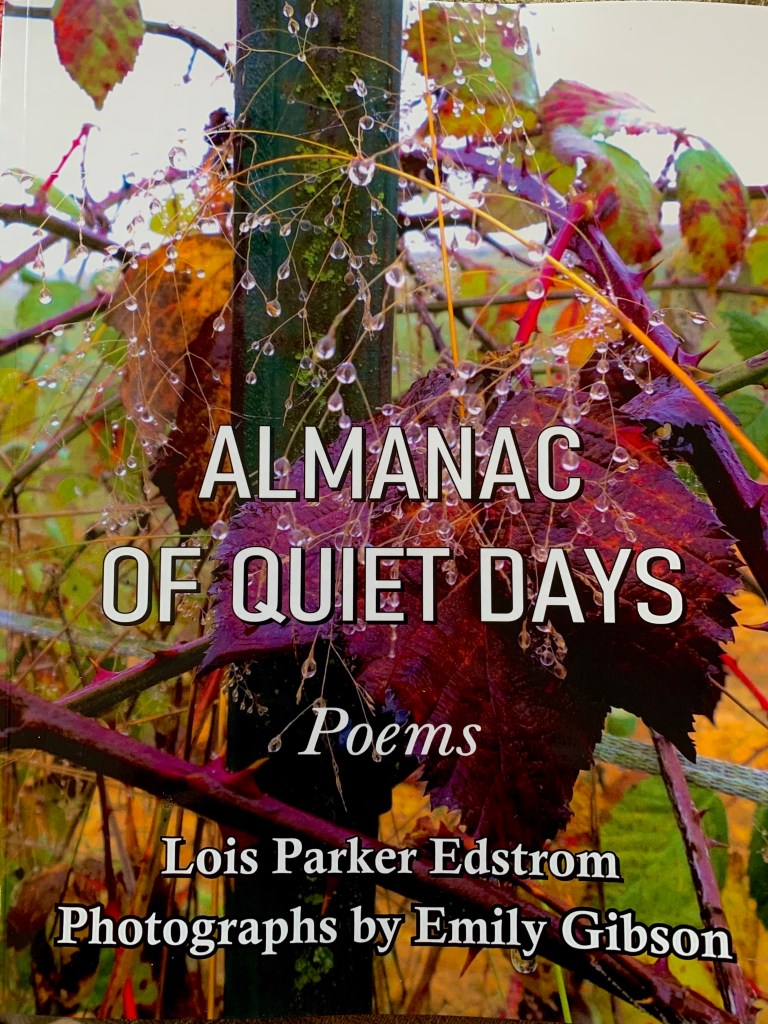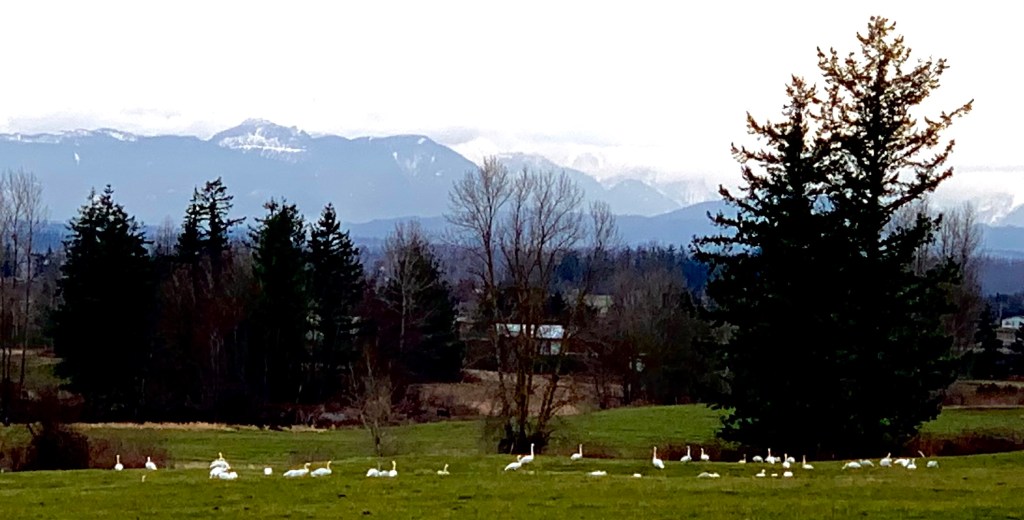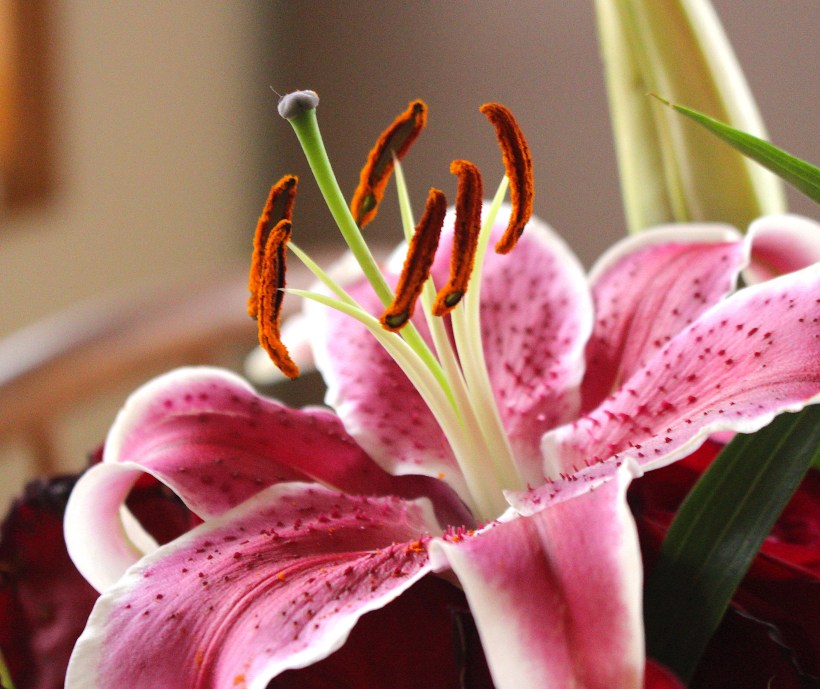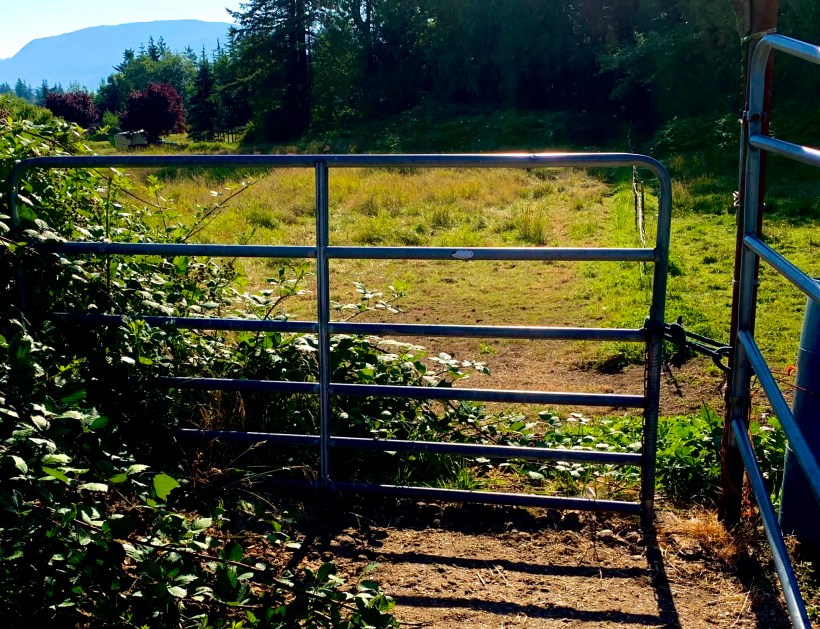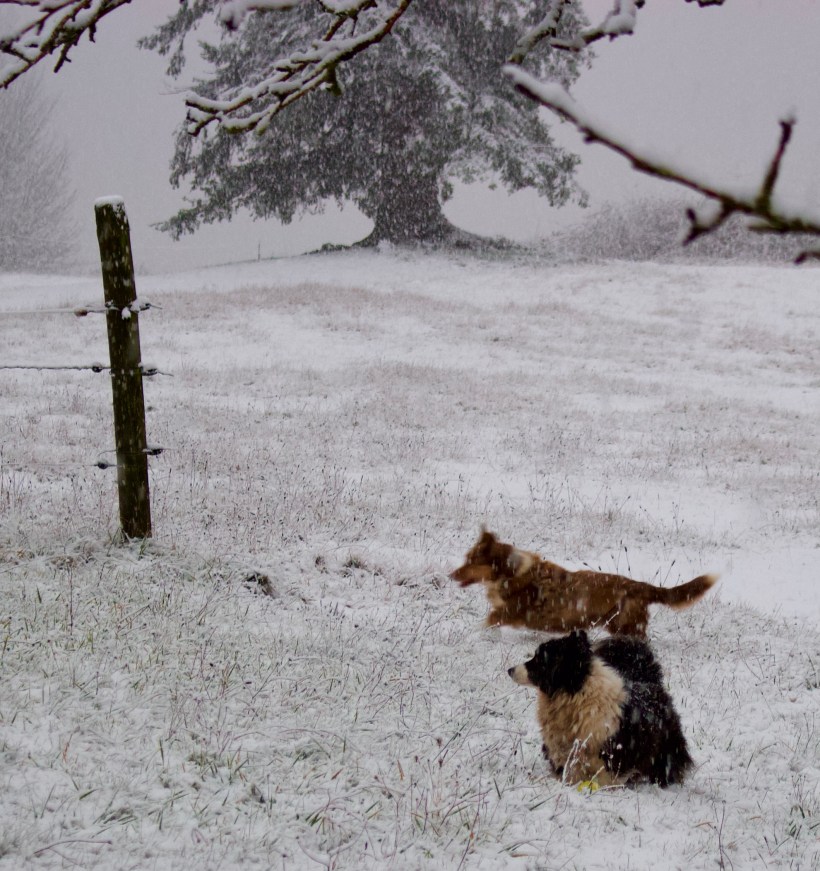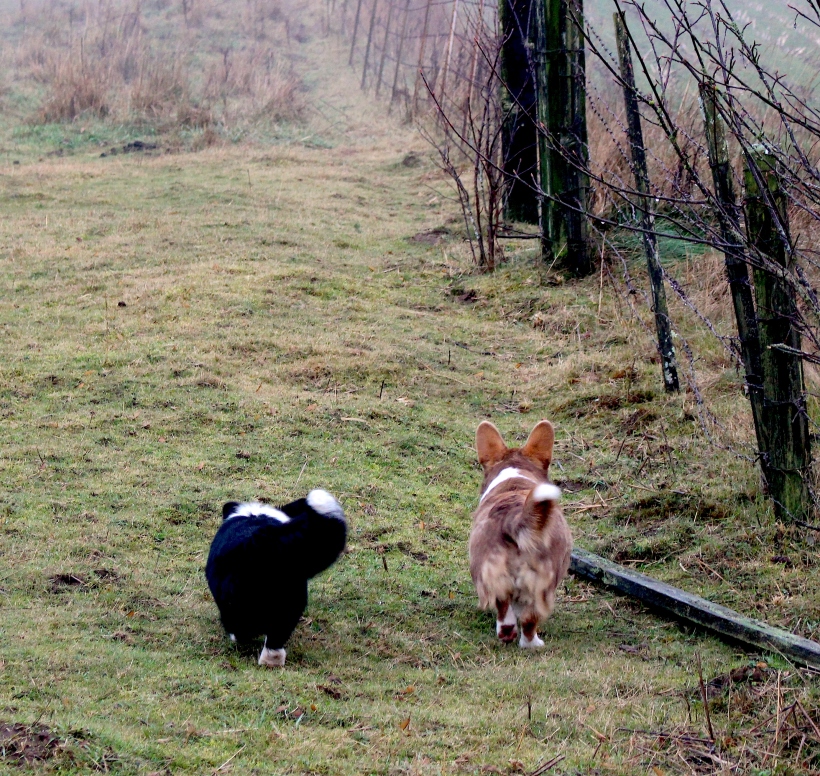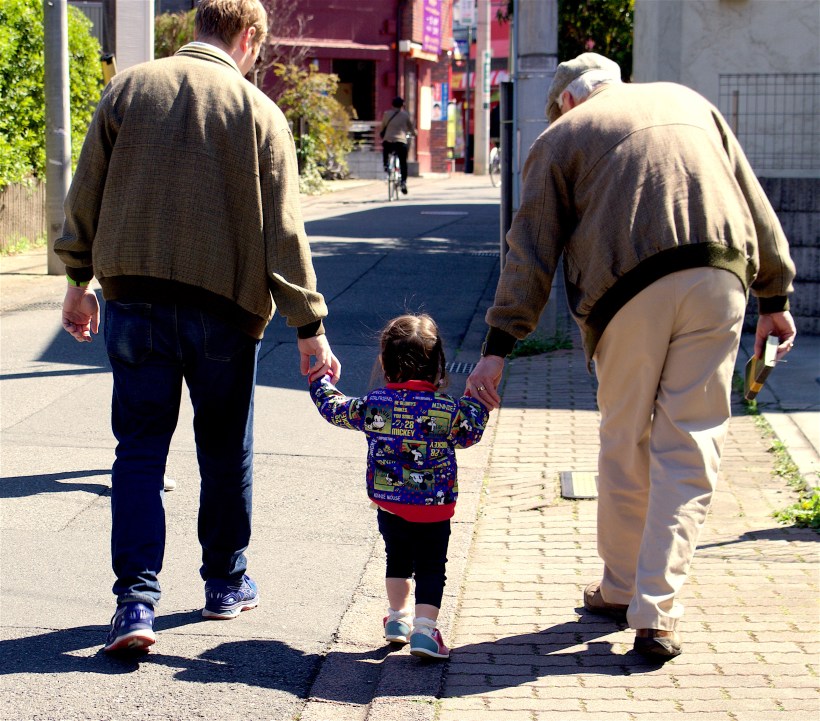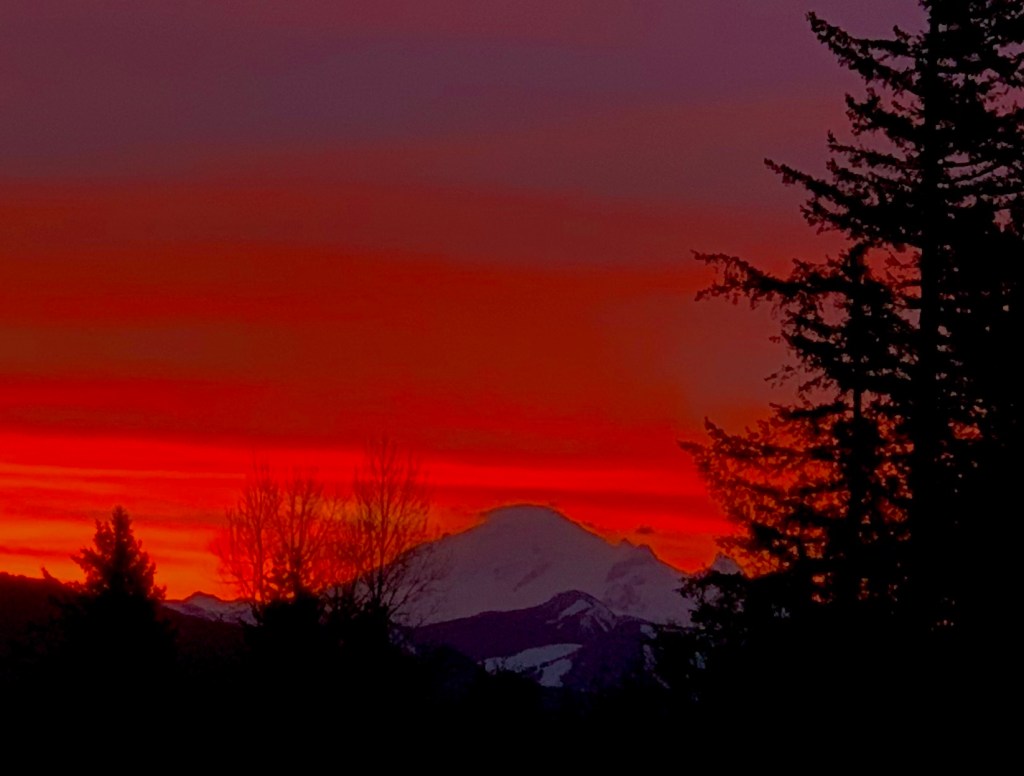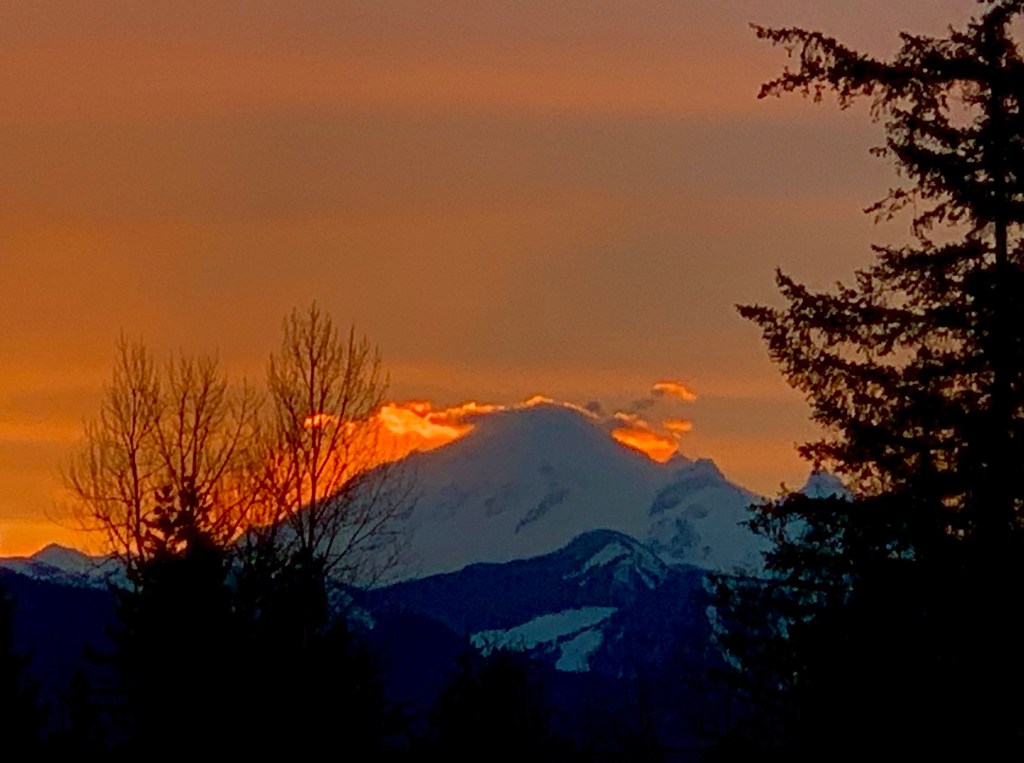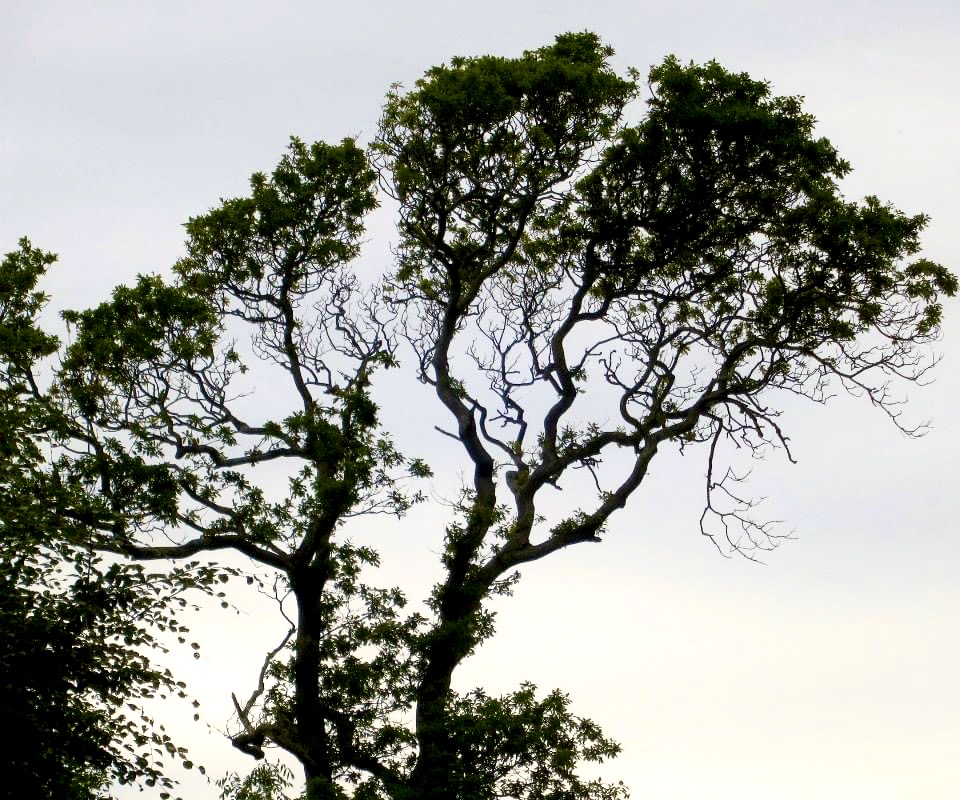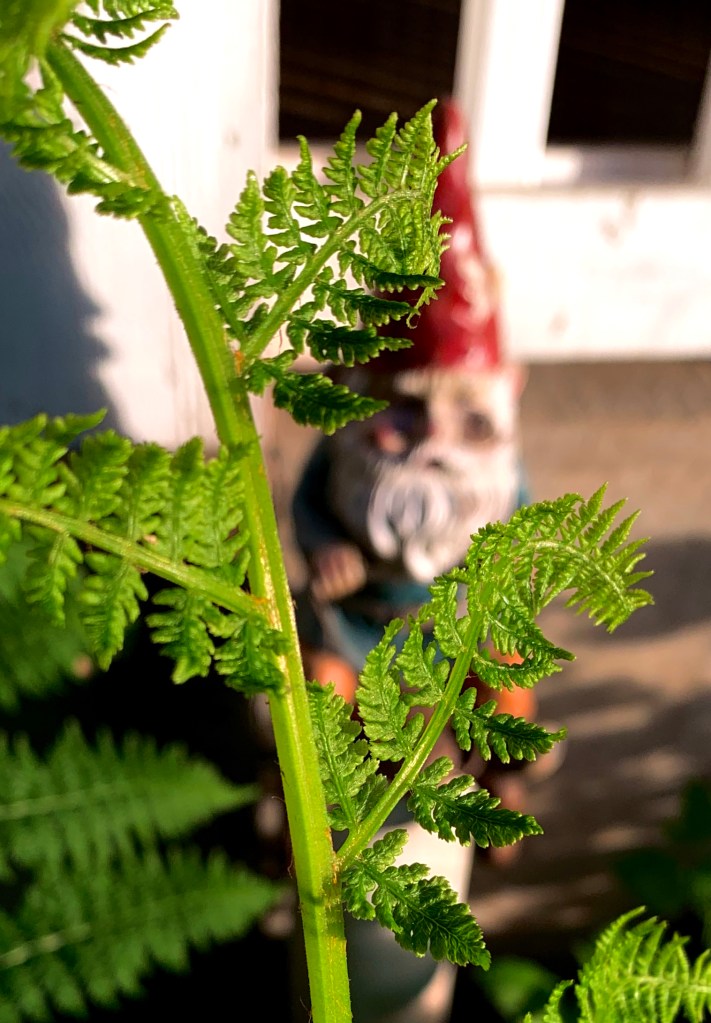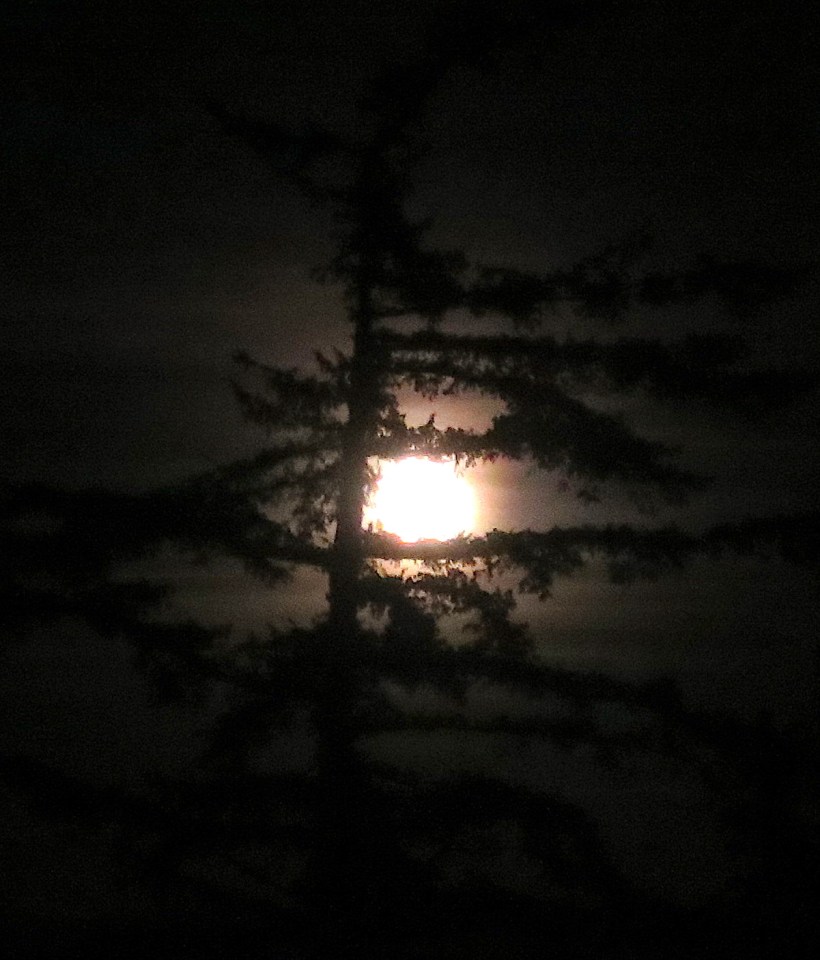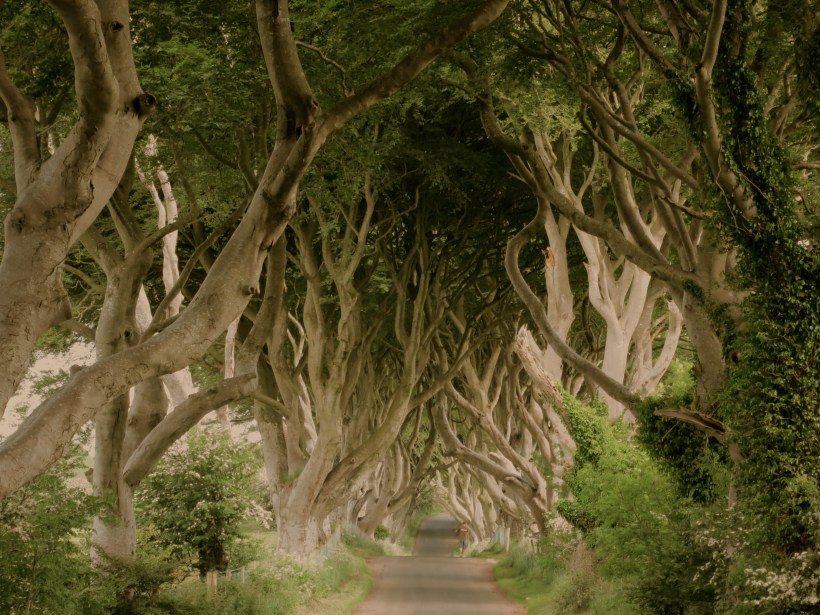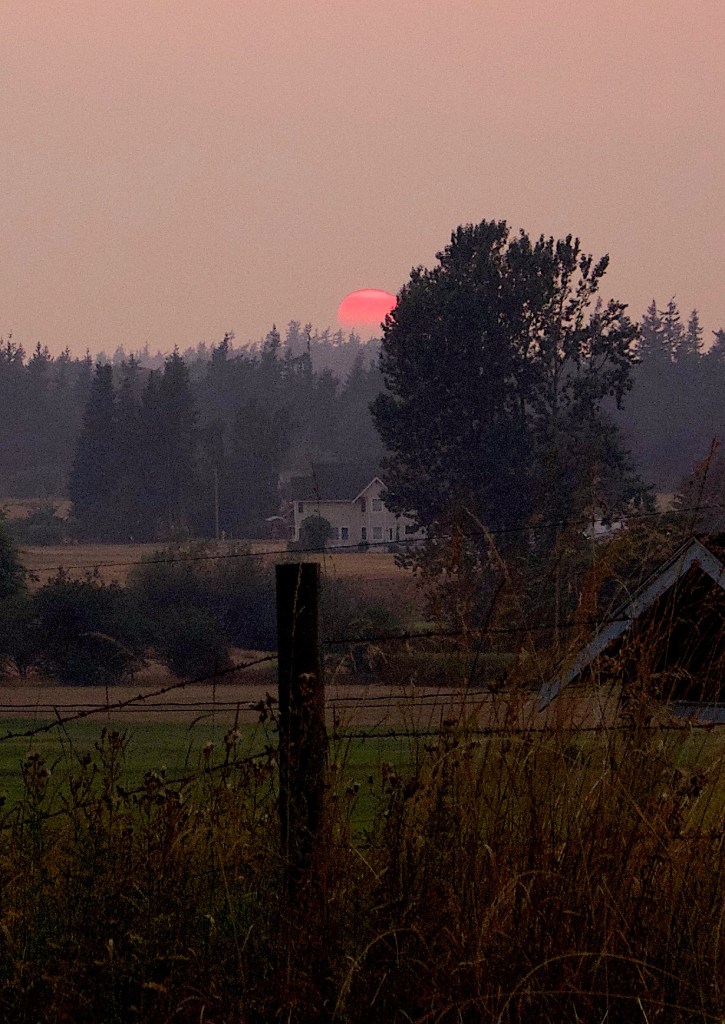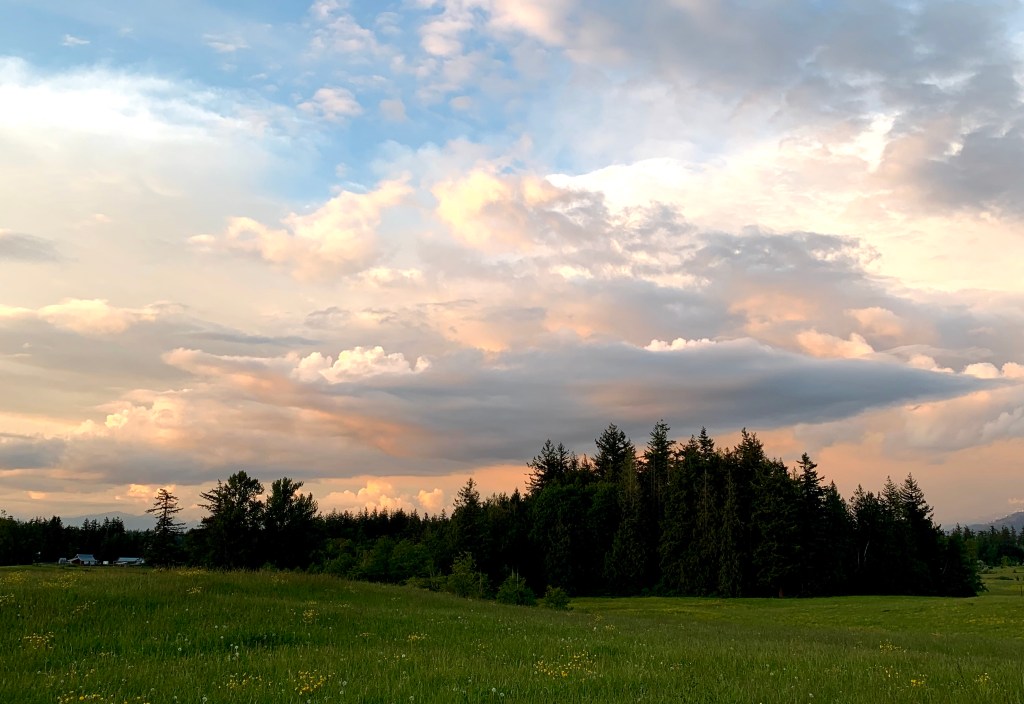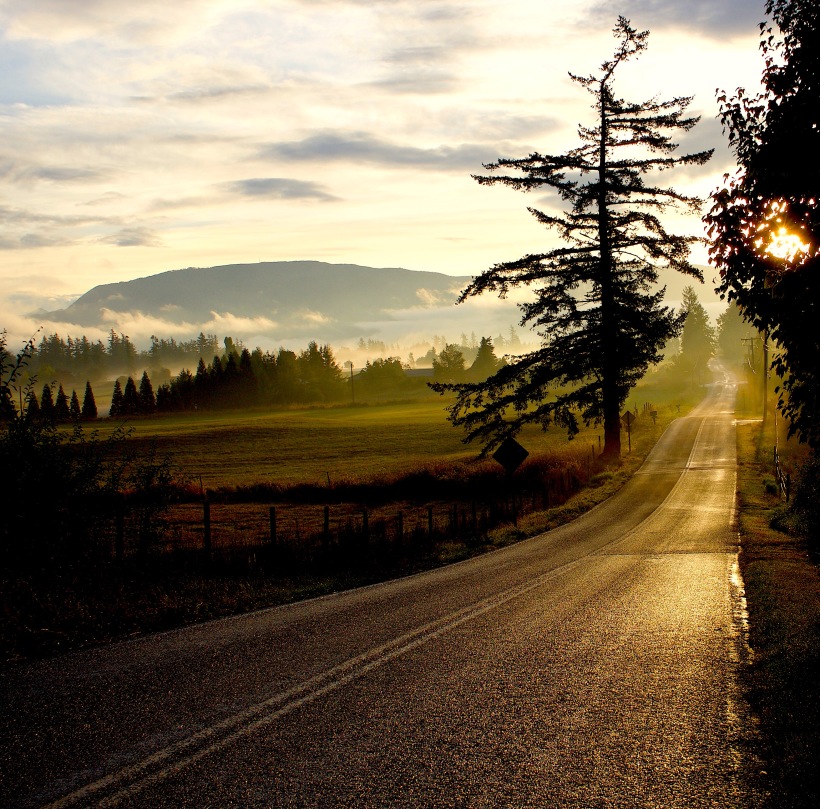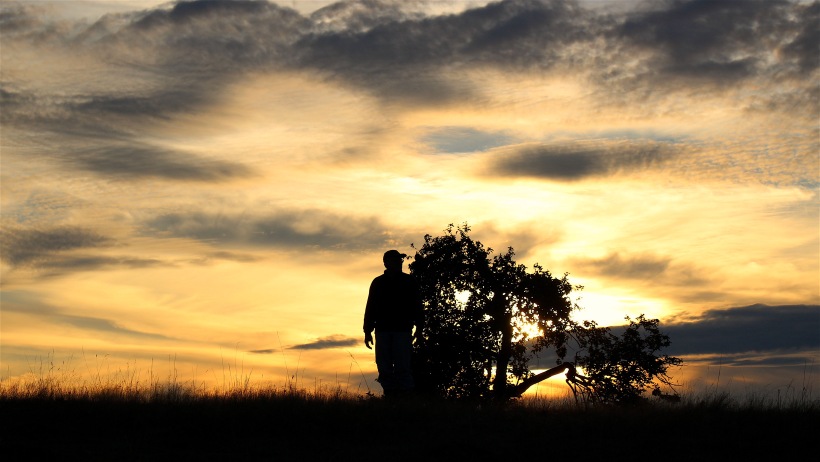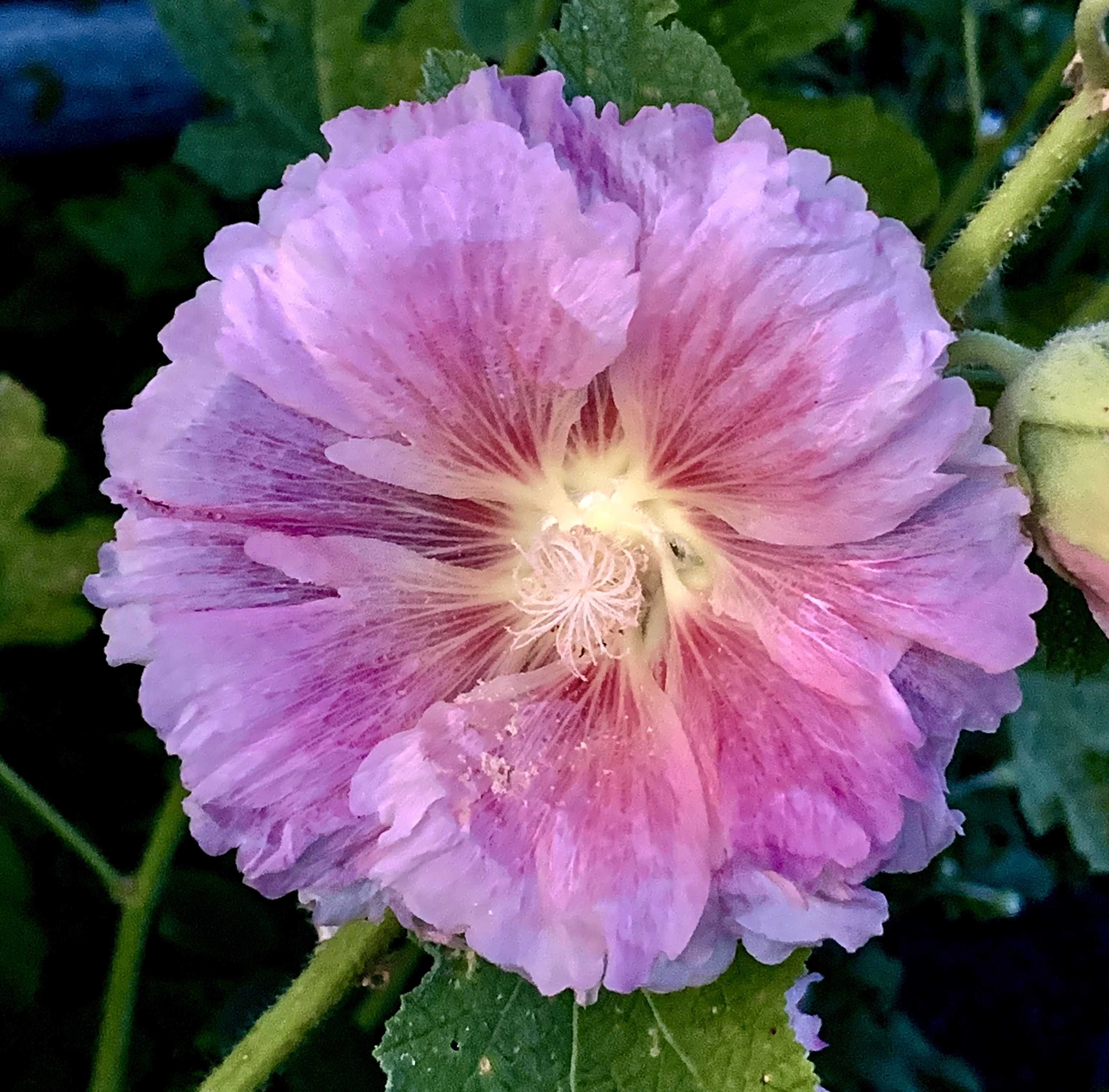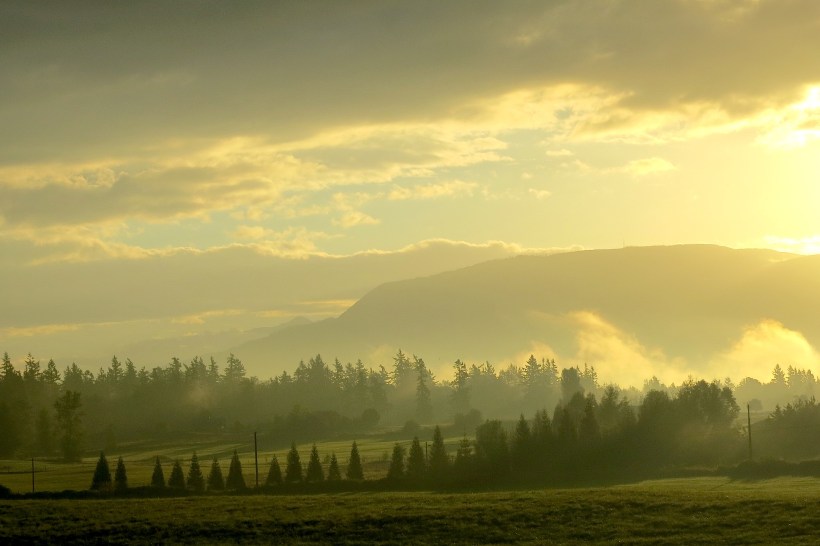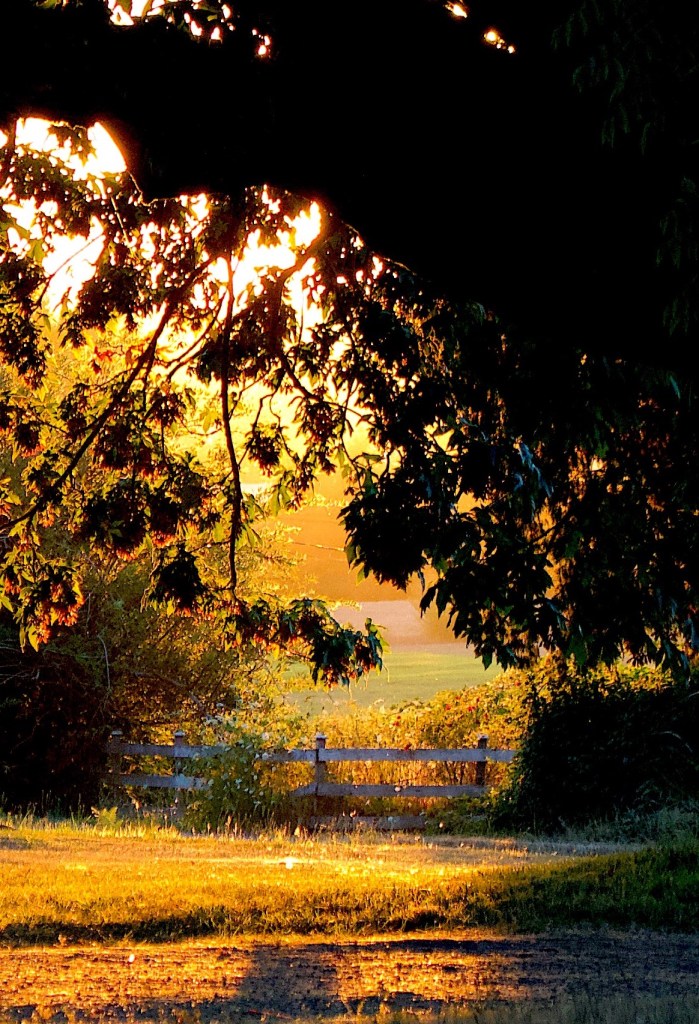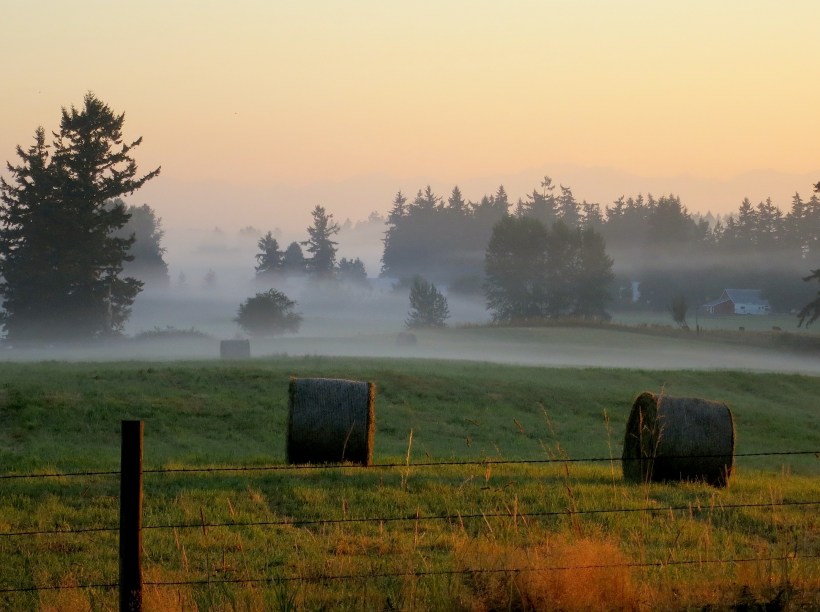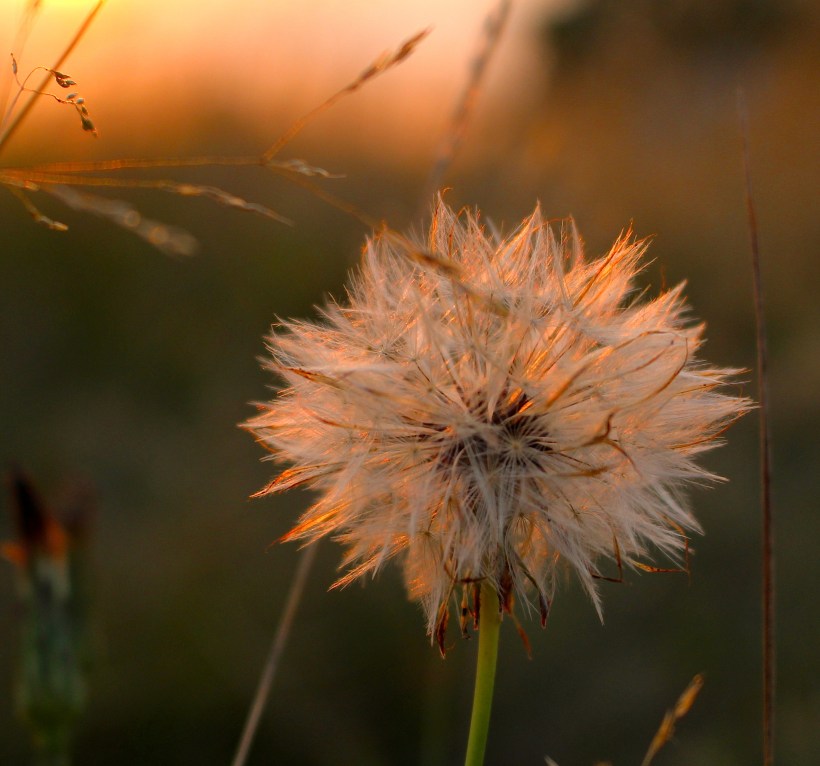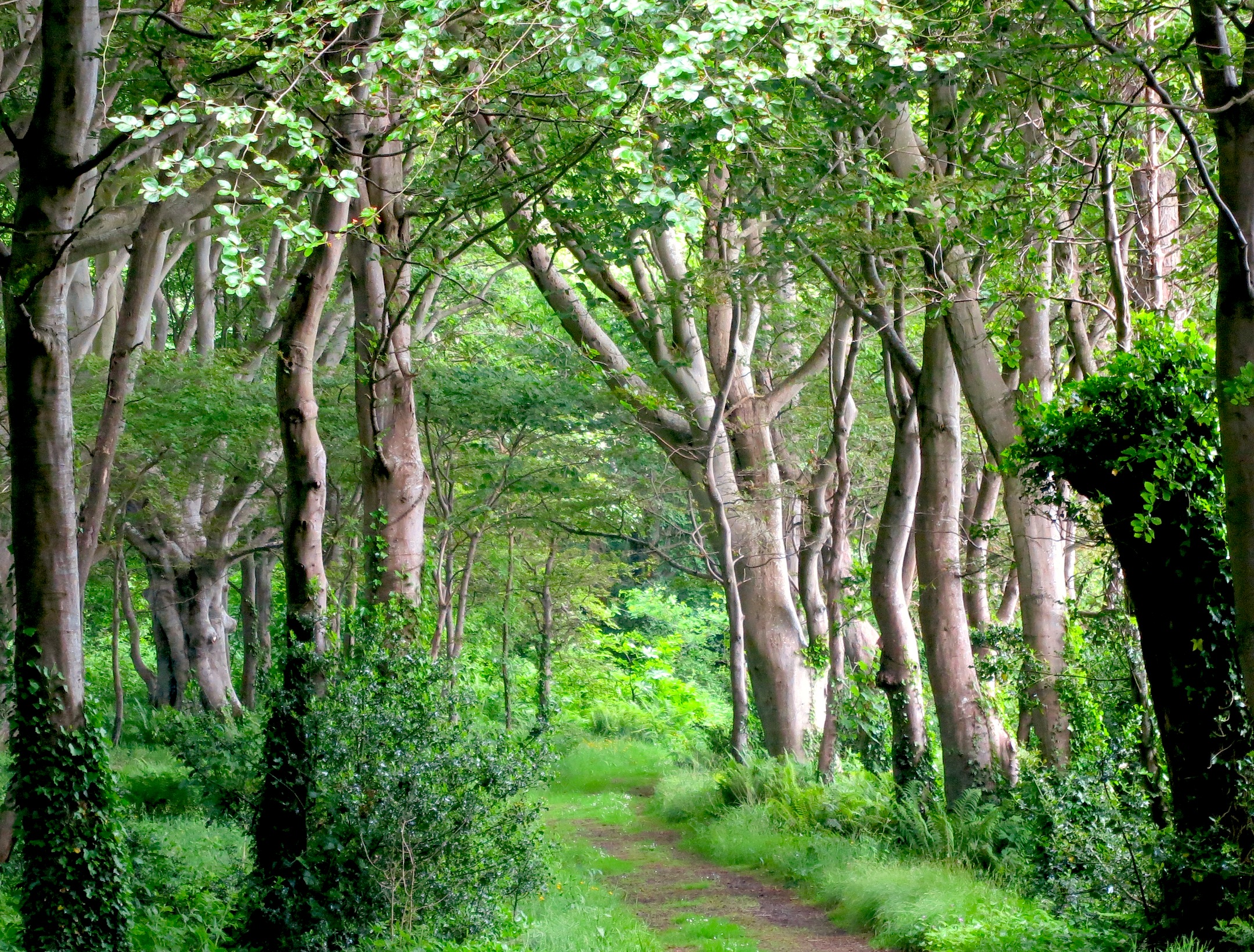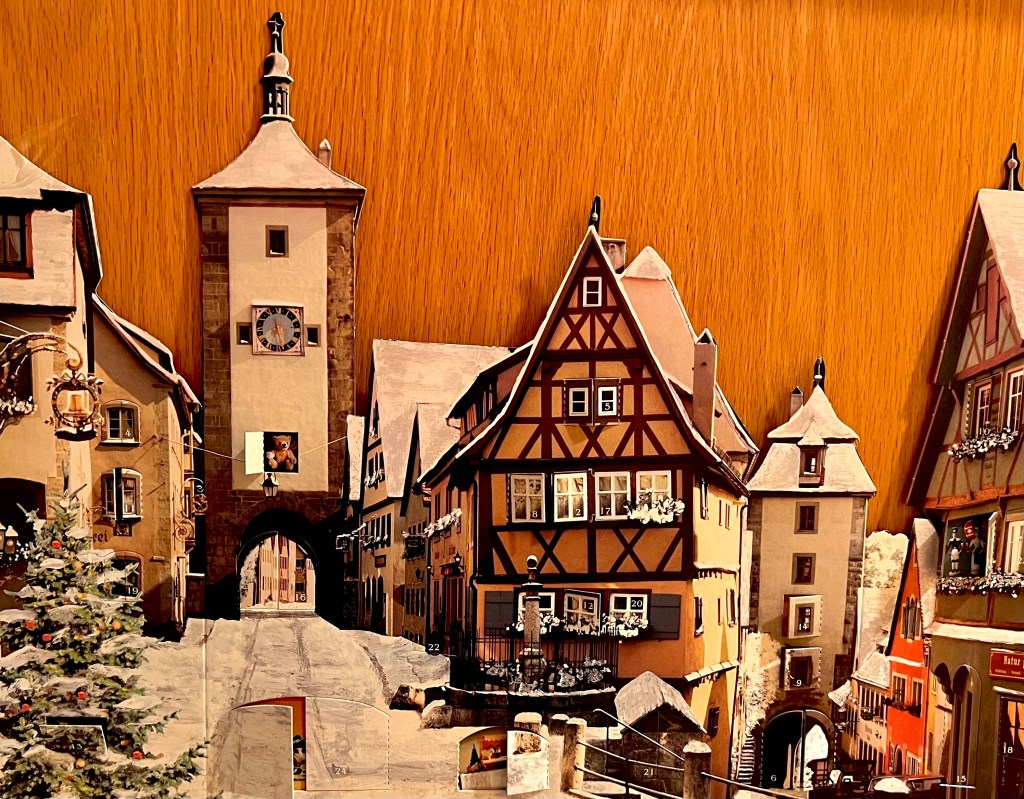
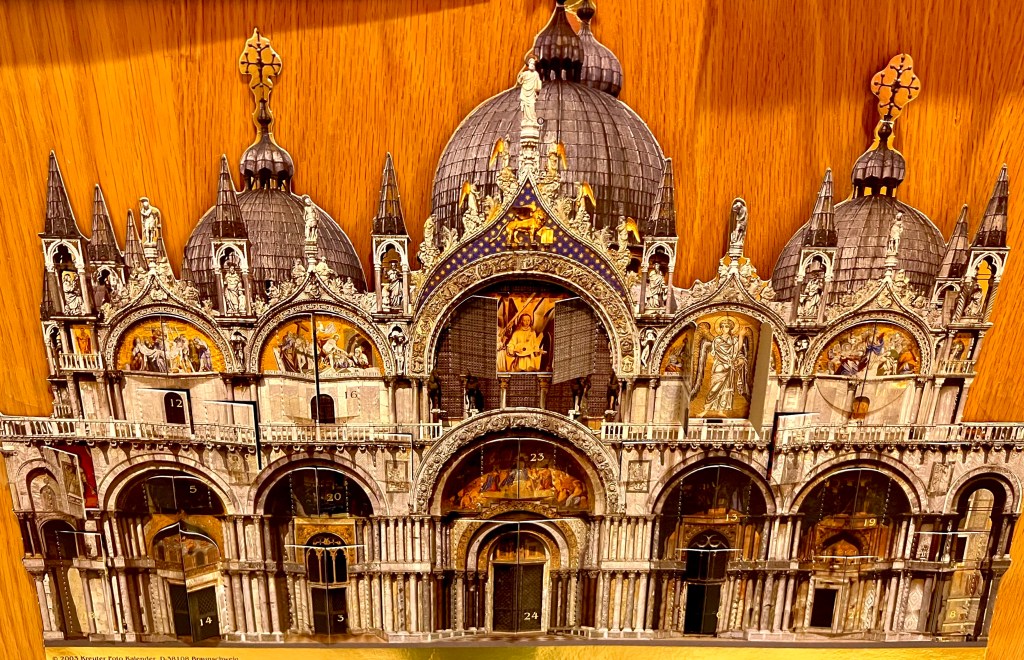
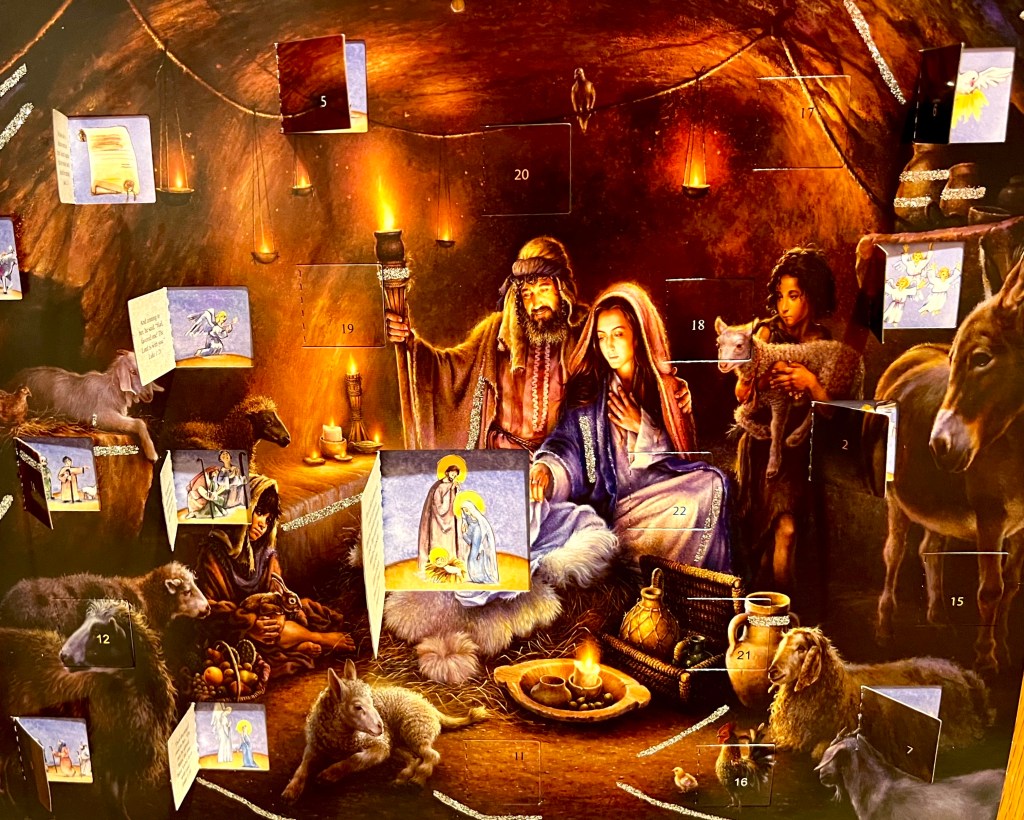
Bethlehem in Germany,
Glitter on the sloping roofs,
Breadcrumbs on the windowsills,
Candles in the Christmas trees,
Hearths with pairs of empty shoes:
Panels of Nativity
Open paper scenes where doors
Open into other scenes,
Some recounted, some foretold.
Blizzard-sprinkled flakes of gold
Gleam from small interiors,
Picture-boxes in the stars
Open up like cupboard doors
In a cabinet Jesus built.
Leaning from the cliff of heaven,
Indicating whom he weeps for,
Joseph lifts his lamp above
The infant like a candle-crown.
Let my fingers touch the silence
Where the infant’s father cries.
Give me entrance to the village
From my childhood where the doorways
Open pictures in the skies.
But when all the doors are open,
No one sees that I’ve returned.
When I cry to be admitted,
No one answers, no one comes.
Clinging to my fingers only
Pain, like glitter bits adhering,
When I touch the shining crumbs.
~Gjertrud Schnackenberg, from “Advent Calendar” from Supernatural Love: Poems 1976-1992.
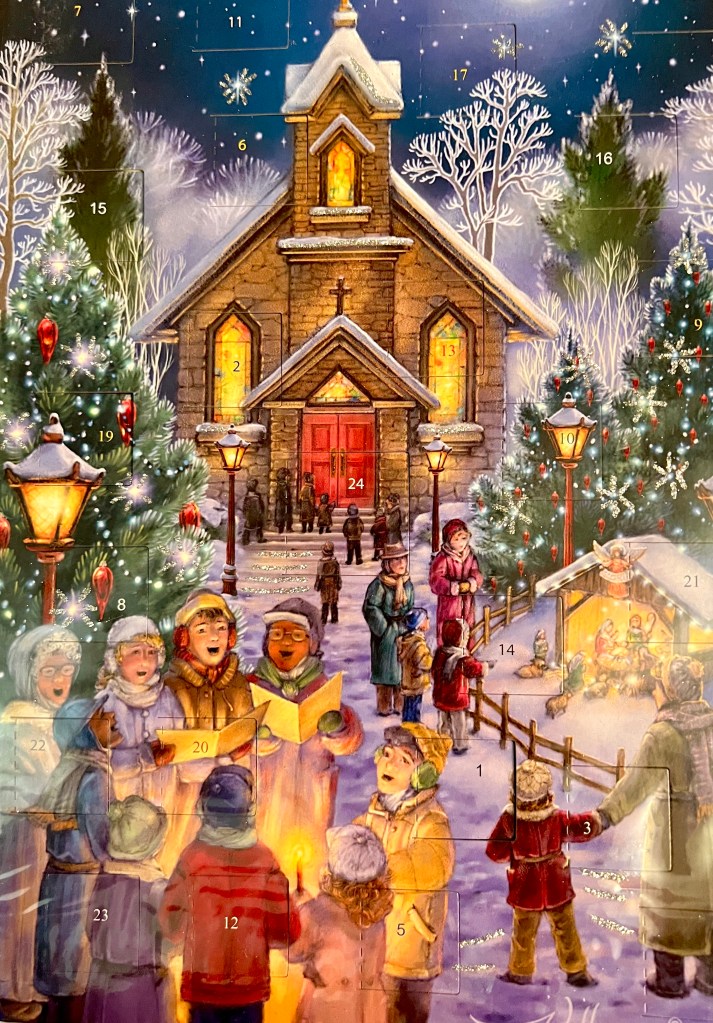
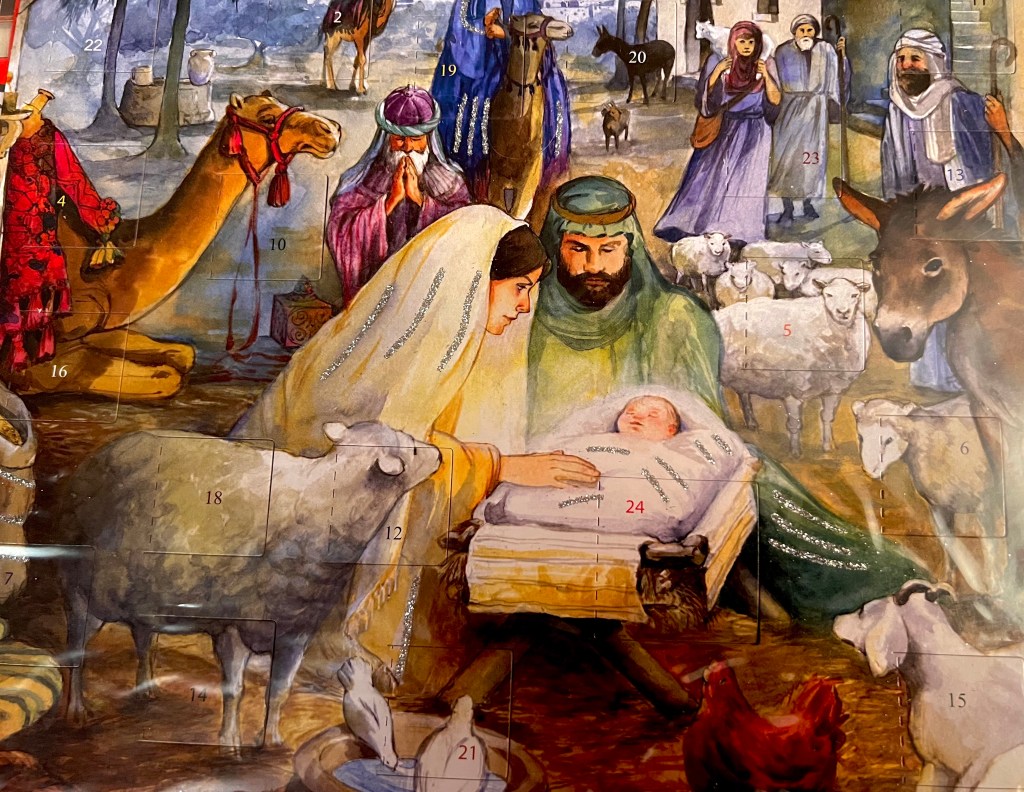
Who has not considered Mary
And who her praise would dim,
But what of humble Joseph
Is there no song for him?
If Joseph had not driven
Straight nails through honest wood
If Joseph had not cherished
His Mary as he should;
If Joseph had not proved him
A sire both kind and wise
Would he have drawn with favor
The Child’s all-probing eyes?
Would Christ have prayed, ‘Our Father’
Or cried that name in death
Unless he first had honored
Joseph of Nazareth ?
~Luci Shaw “Joseph The Carpenter”
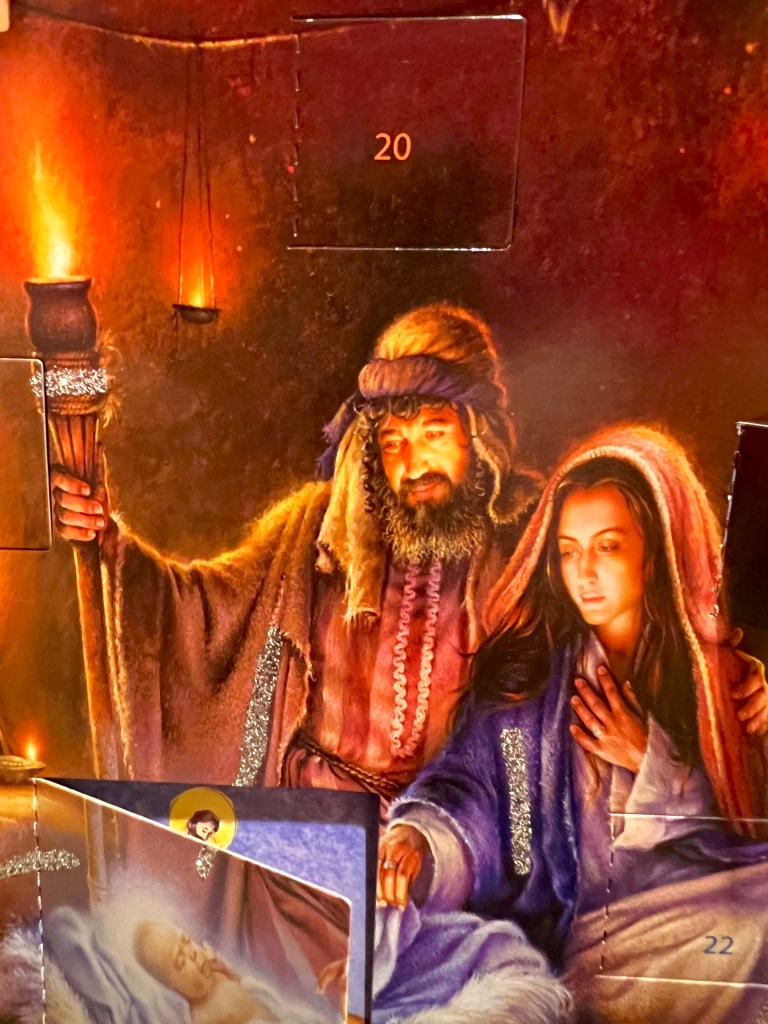
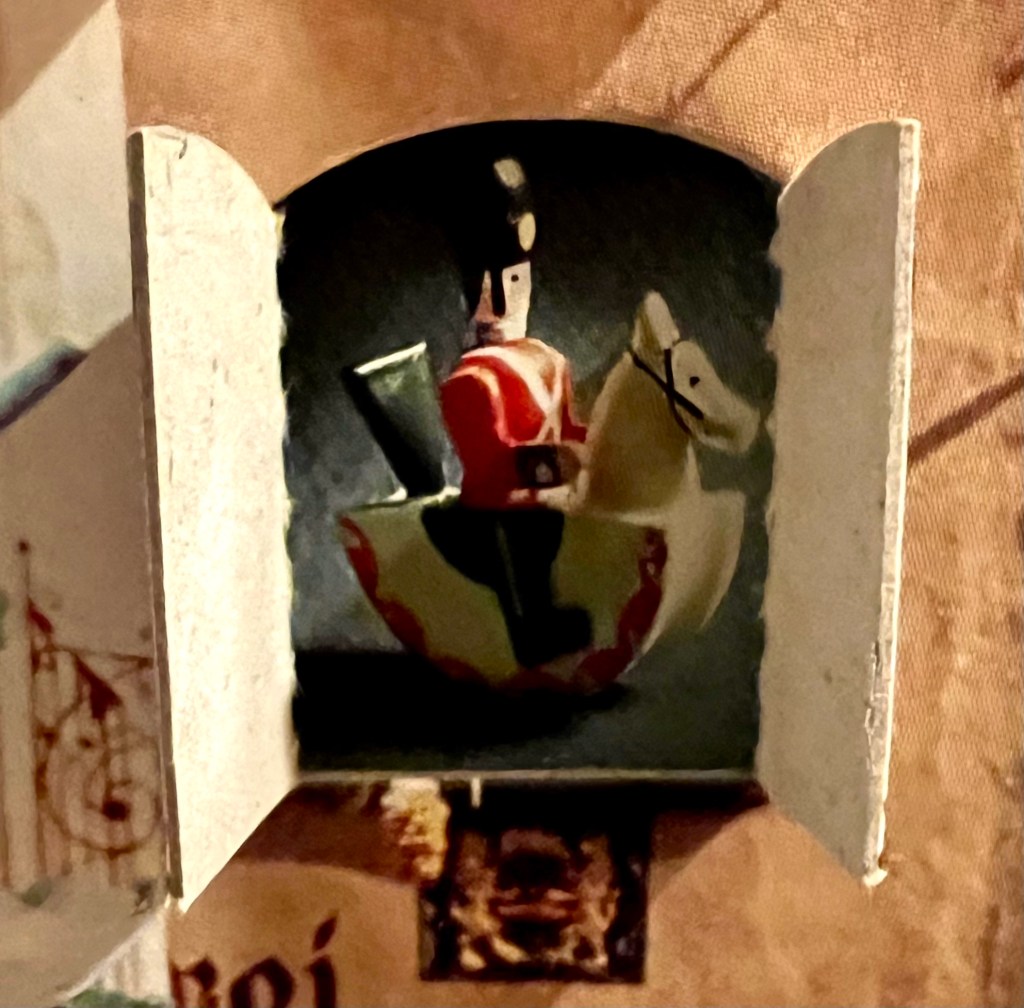
The hero of the story this season is the man in the background of each creche, the old master Nativity paintings, and the Advent Calendar doors that open each day.
He is the adoptive father
who does the right thing rather than what he has legal right to do,
who listens to his dreams and believes,
who leads the way over dusty roads to be counted,
who searches valiantly for a suitable place to stay,
who does whatever he can to assist her labor,
who stands tall over a vulnerable mother and infant
while the poor and curious pour out of the hills,
the wise and foreign appear bringing gifts,
who takes his family to safety when the innocents are slaughtered.
He is only a carpenter, not born for heroics,
but strong and obedient,
stepping up when called.
He is a humble man teaching his son a living,
until his son leaves to save the dying.
This man Joseph is the Chosen father,
the best Abba a God could possibly hope for.
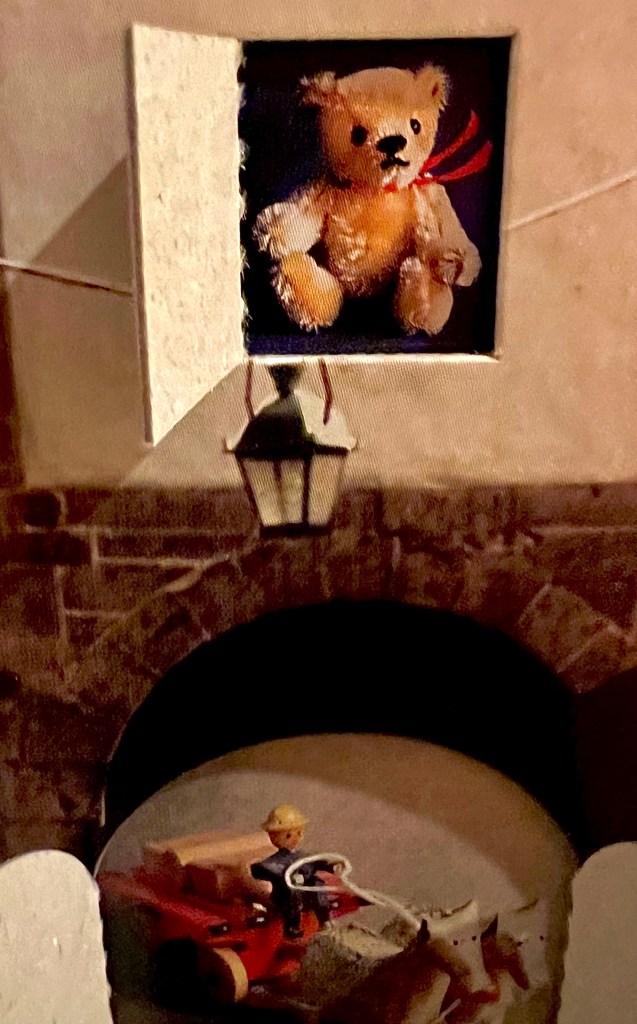
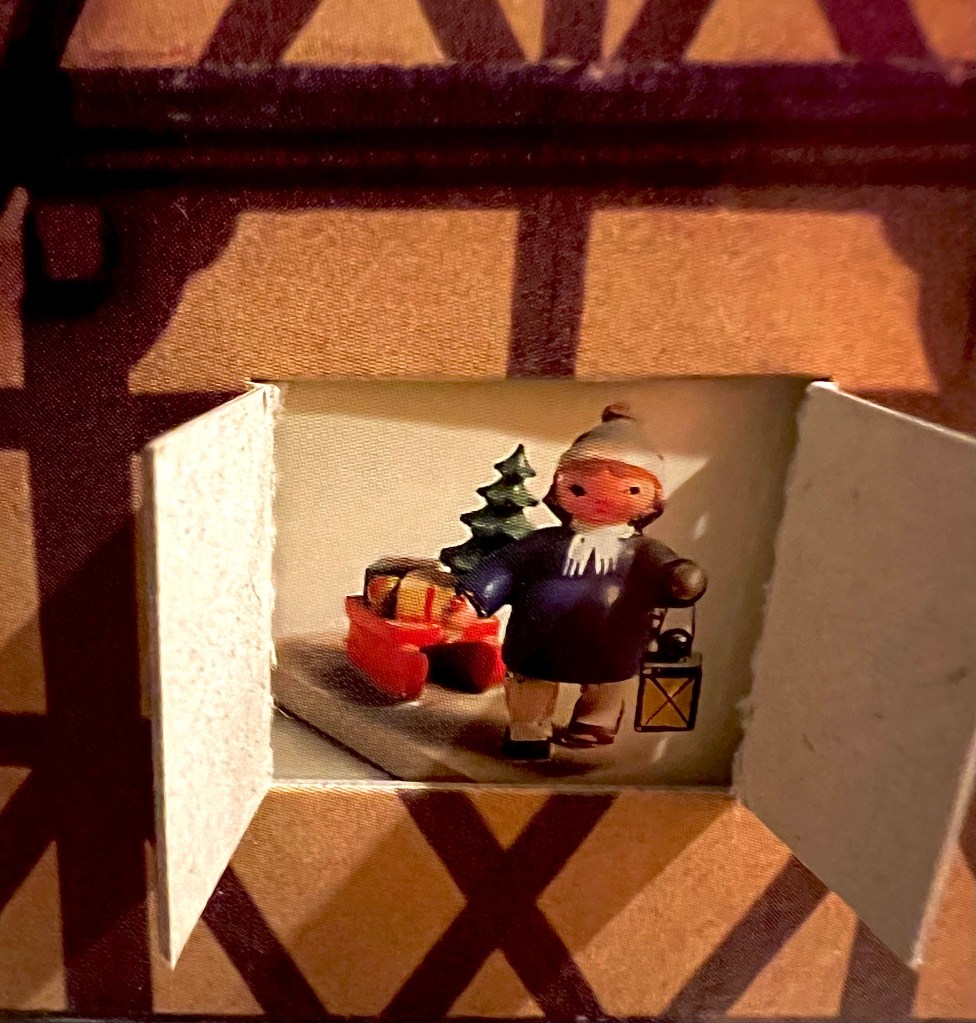
This year’s Advent theme “Dawn on our Darkness” is taken from this 19th century Christmas hymn:
Brightest and best of the sons of the morning,
dawn on our darkness and lend us your aid.
Star of the east, the horizon adorning,
guide where our infant Redeemer is laid.
~Reginald Heber -from “Brightest and Best”
Make a one-time or recurring donation to support daily Barnstorming posts
Make a monthly donation
Make a yearly donation
Choose an amount
Or enter a custom amount
Your contribution is deeply appreciated.
Your contribution is appreciated.
Your contribution is appreciated.
DonateDonate monthlyDonate yearly